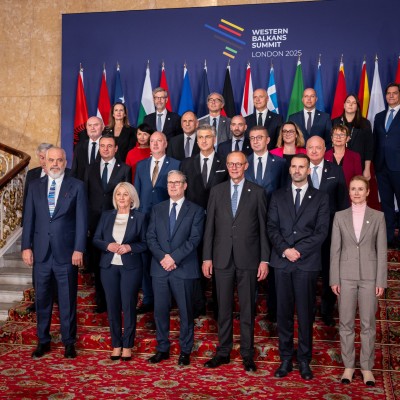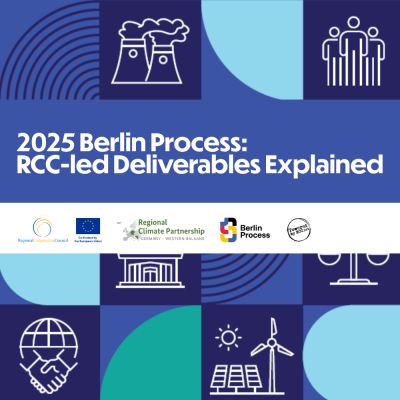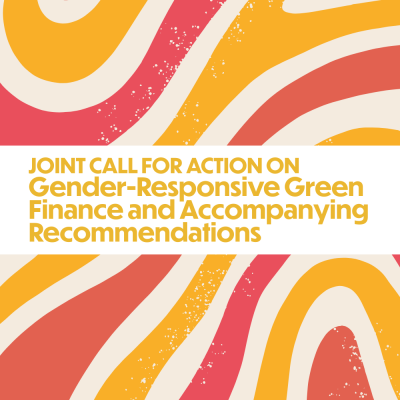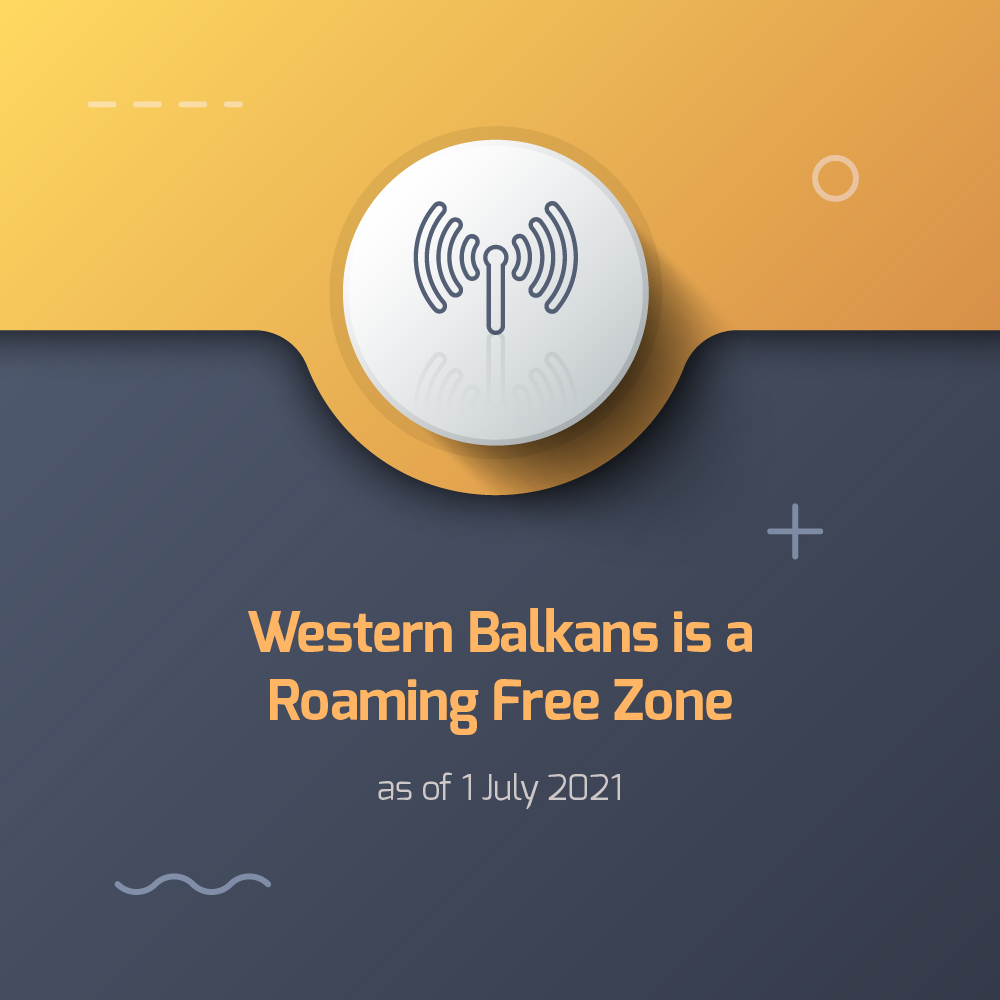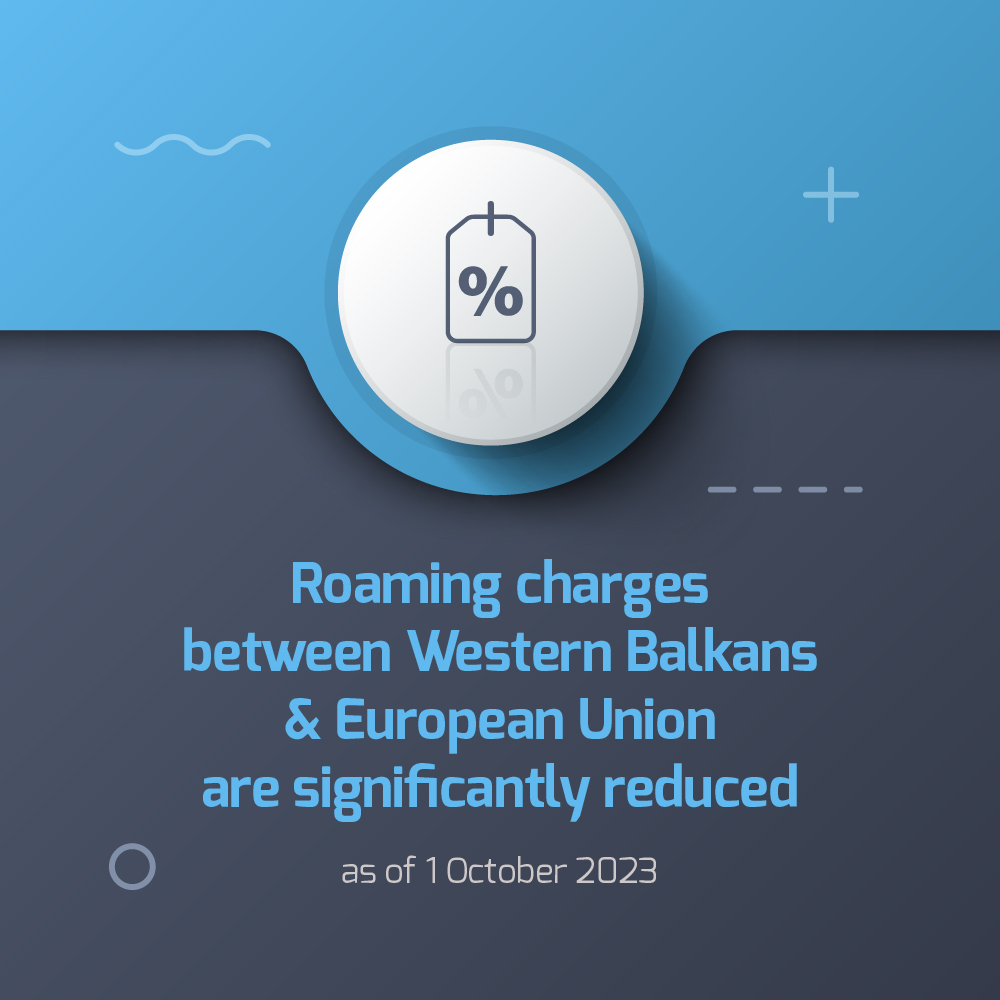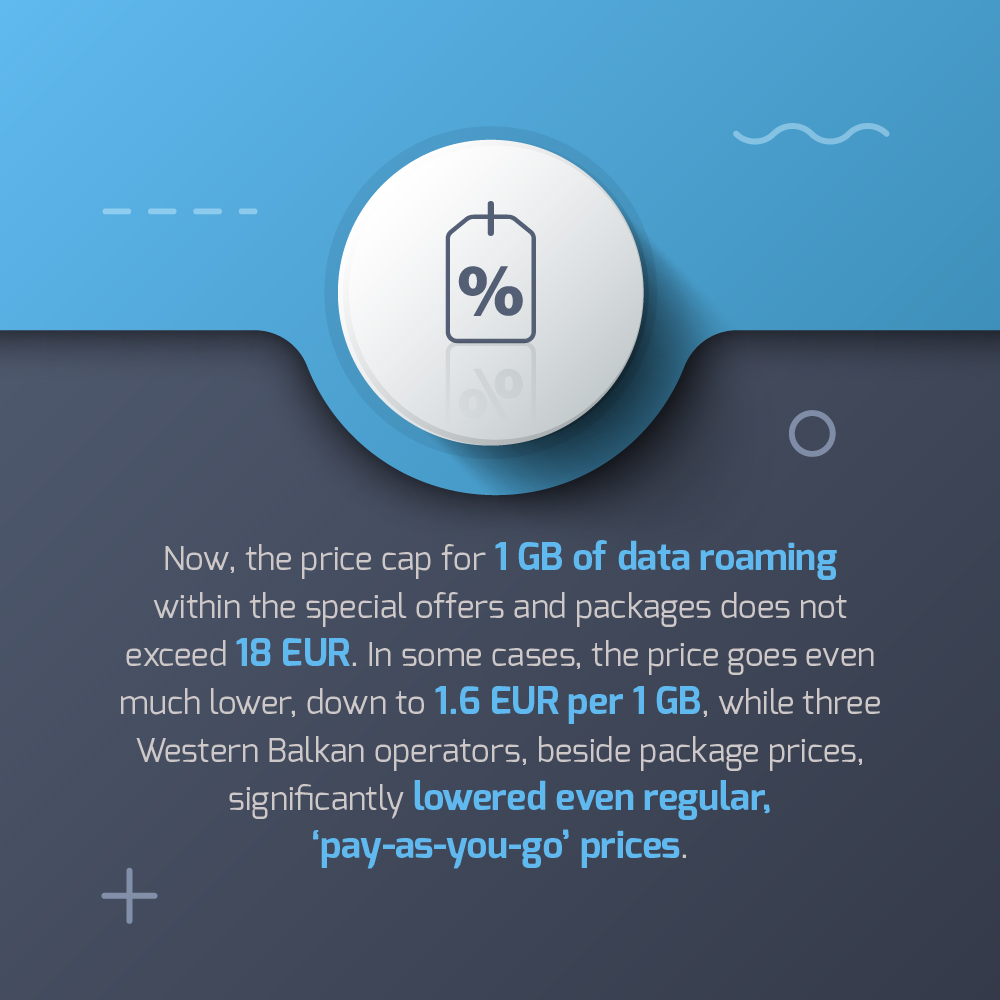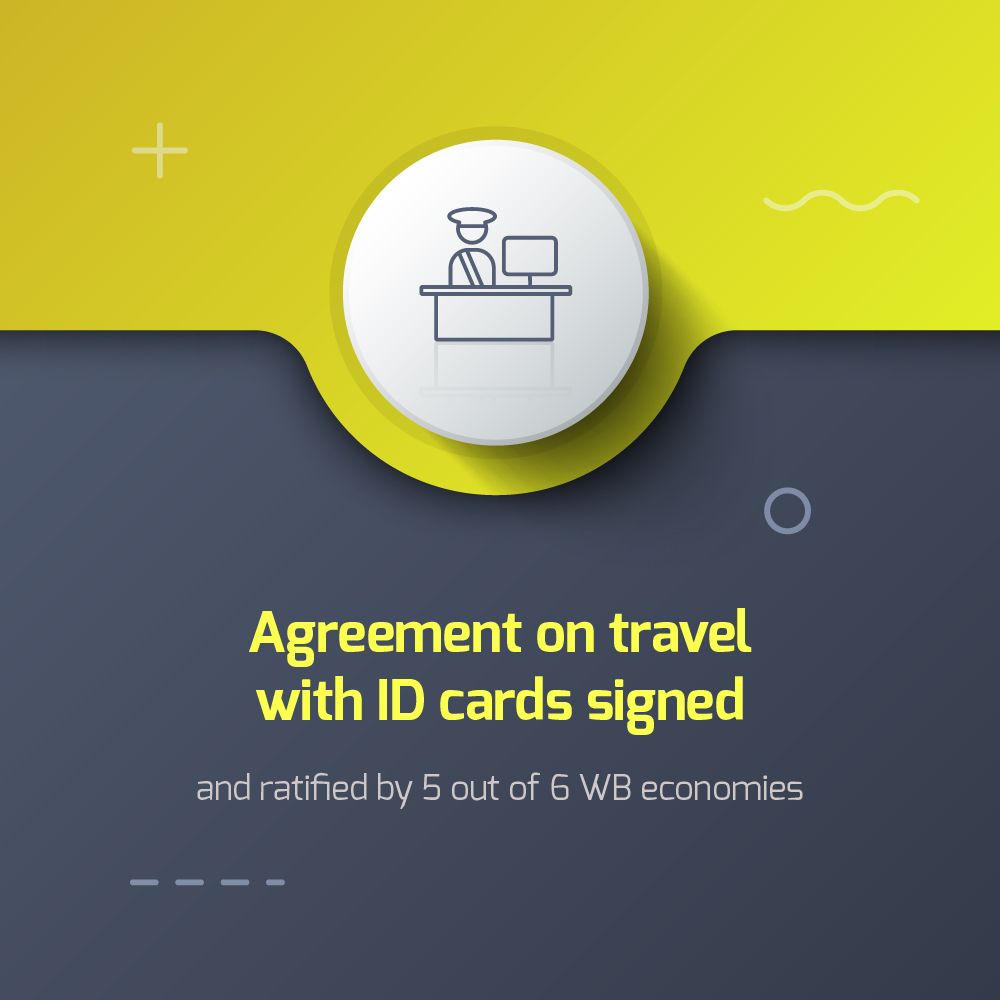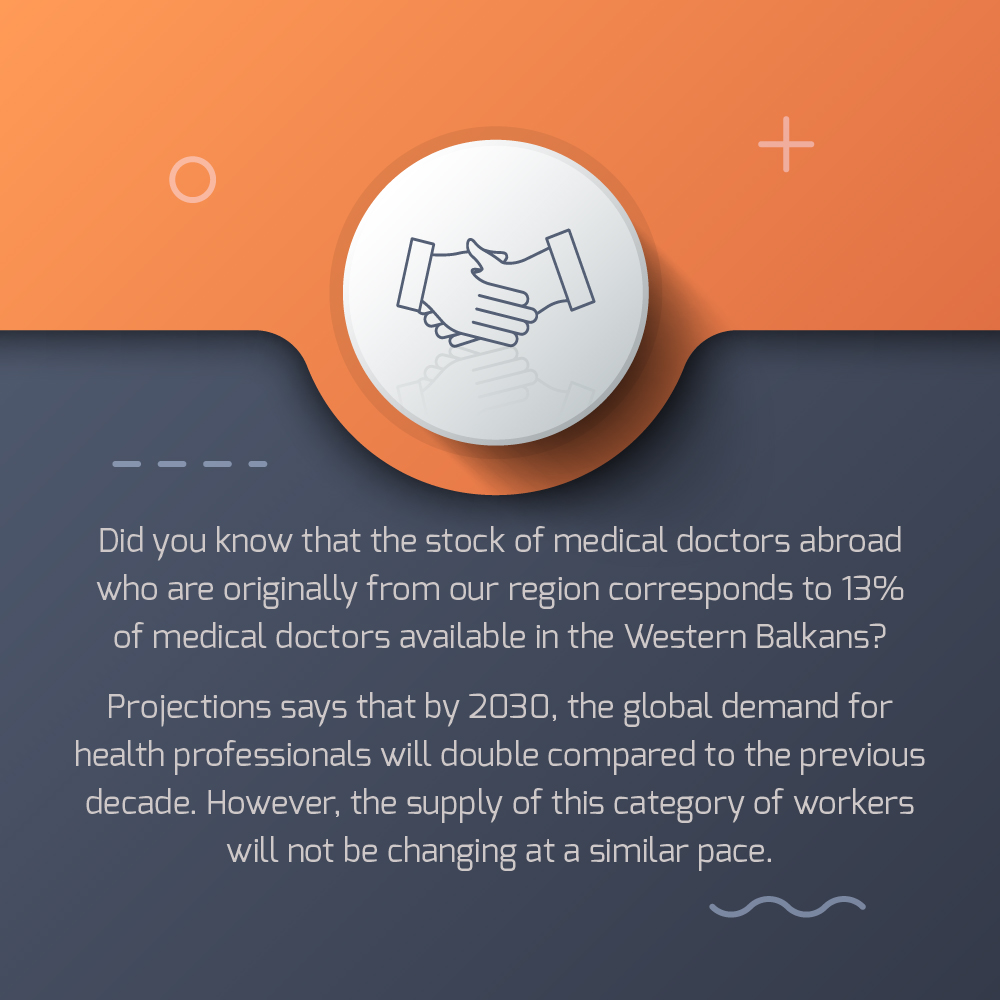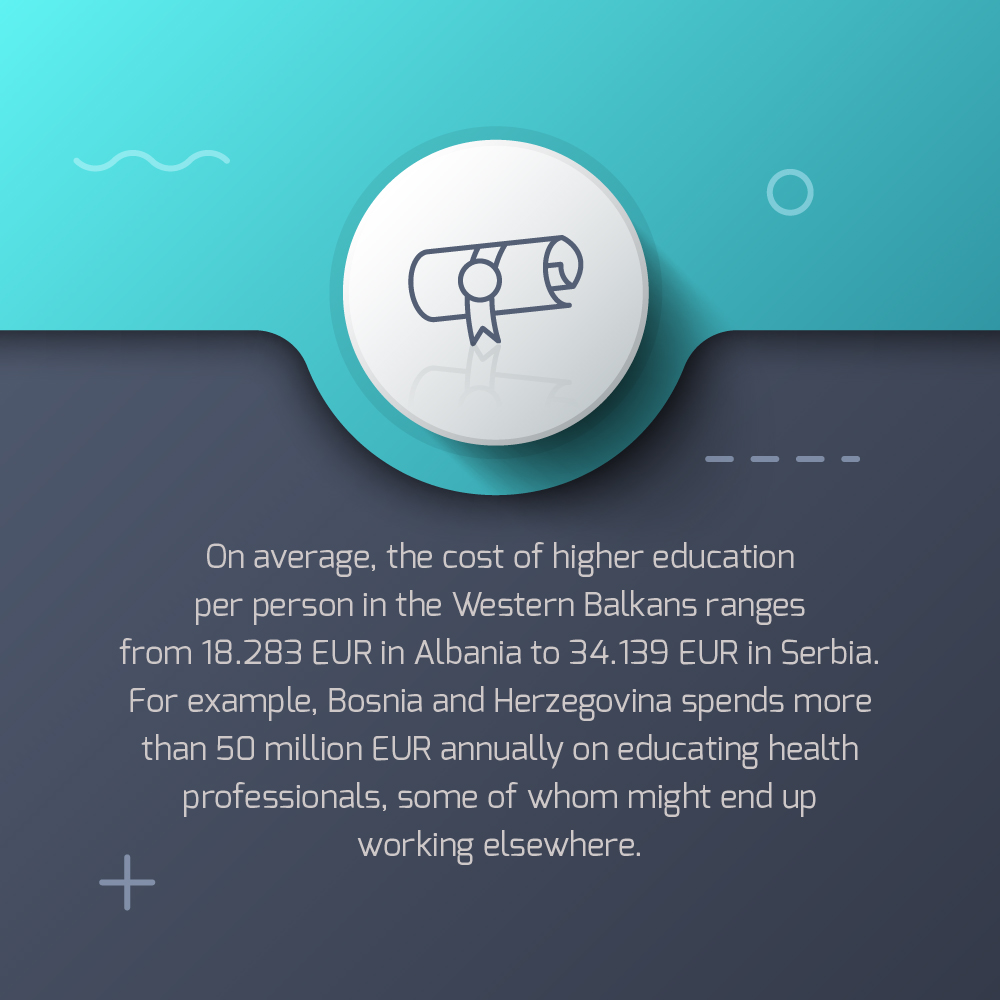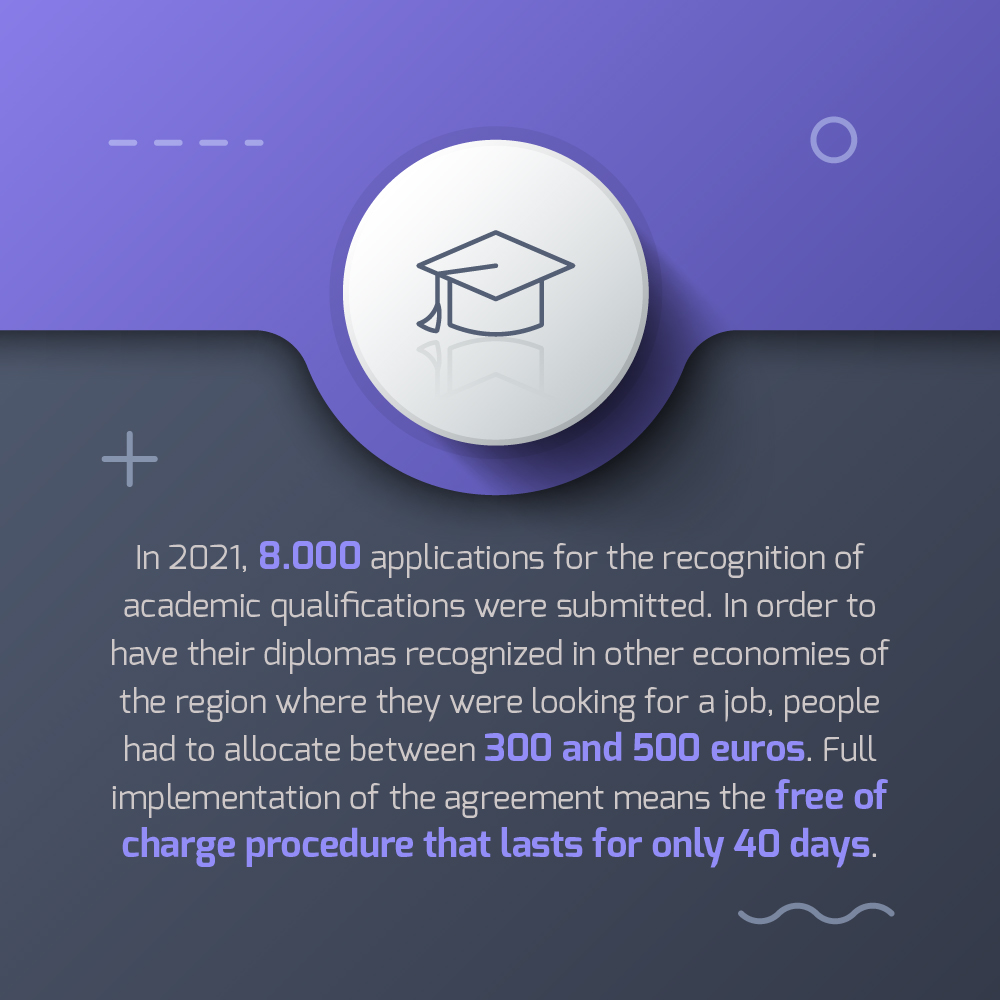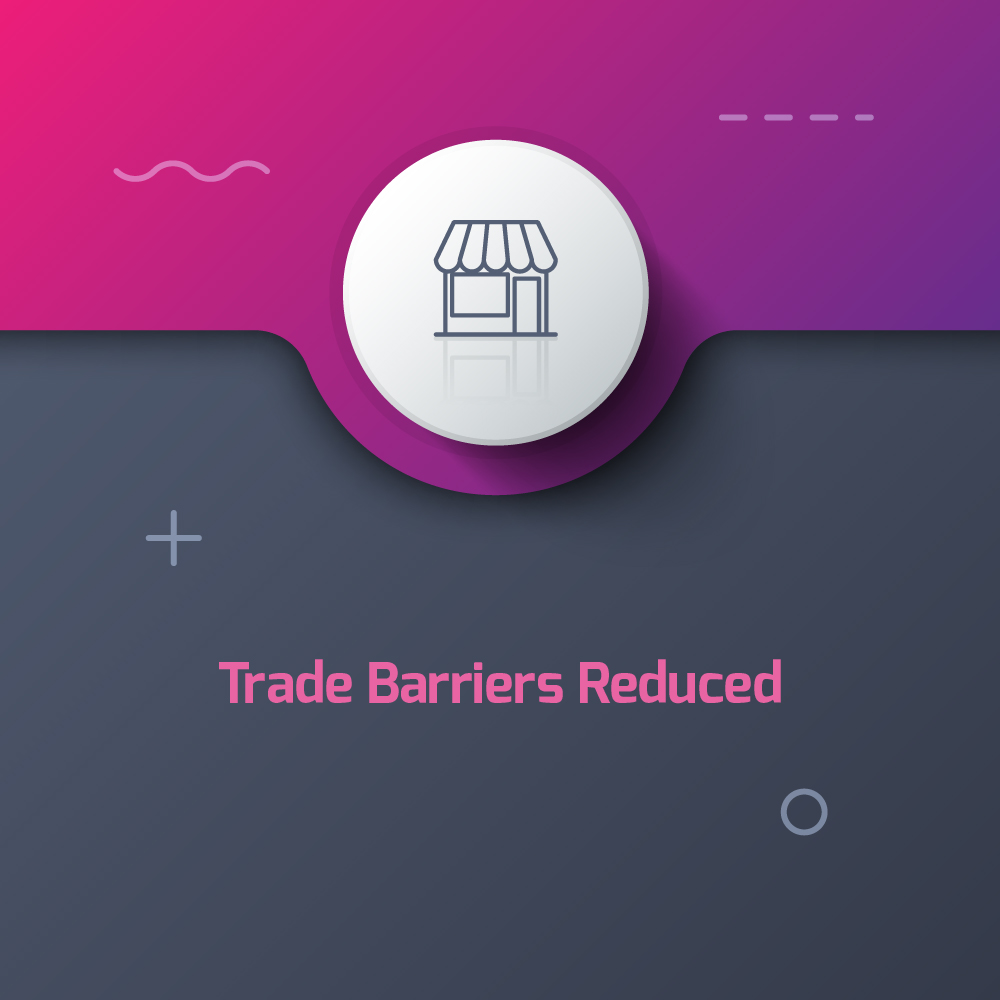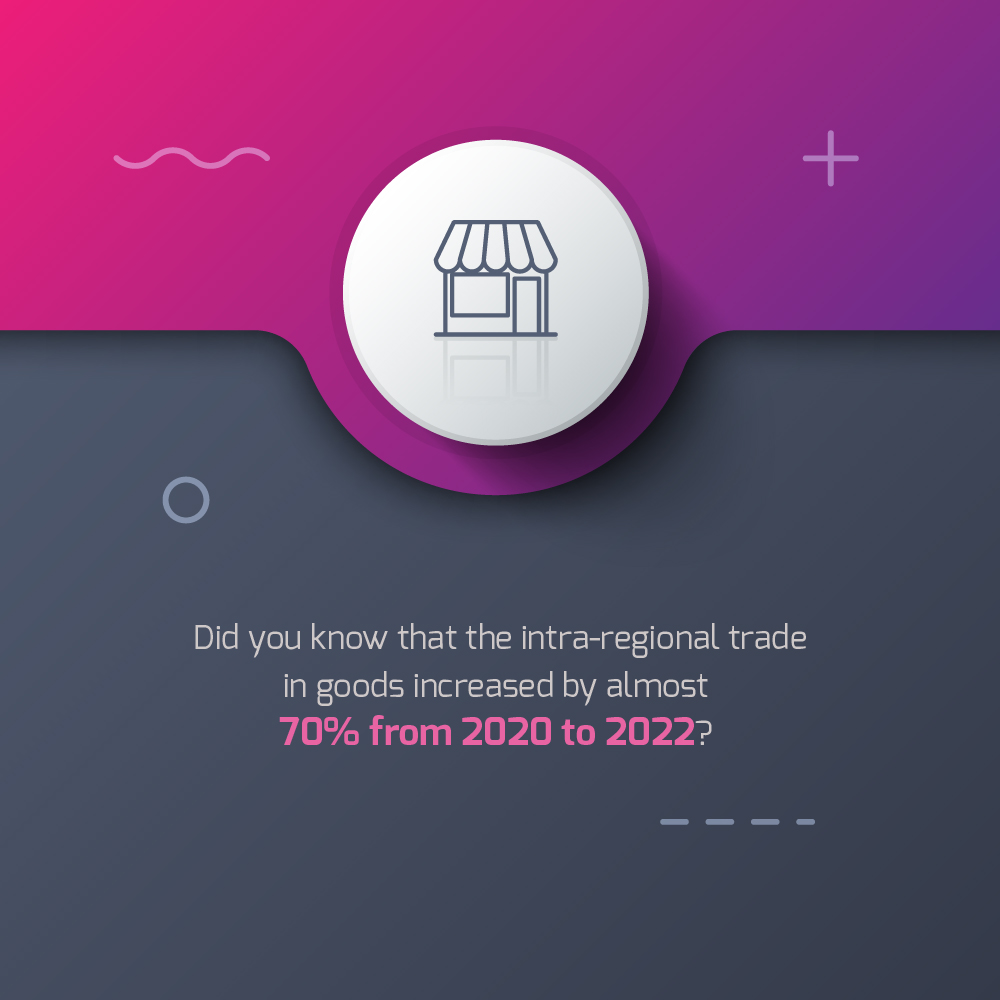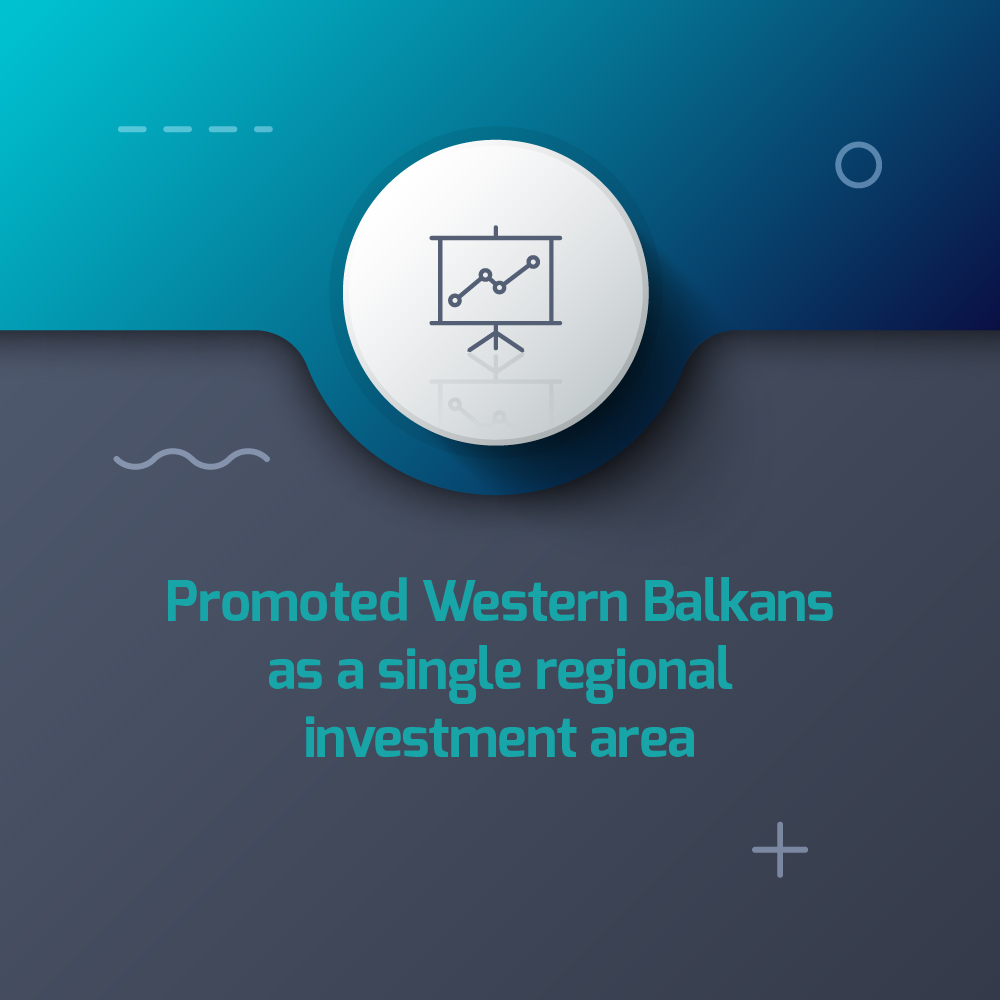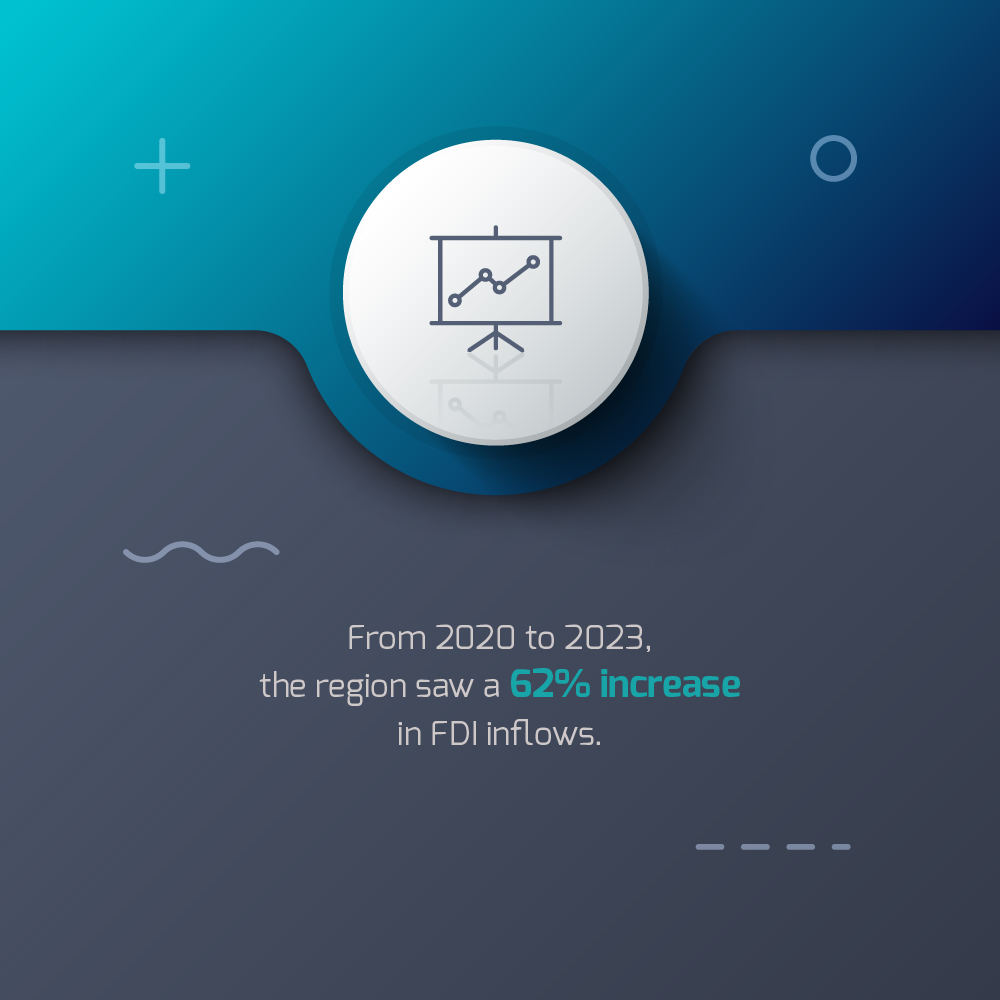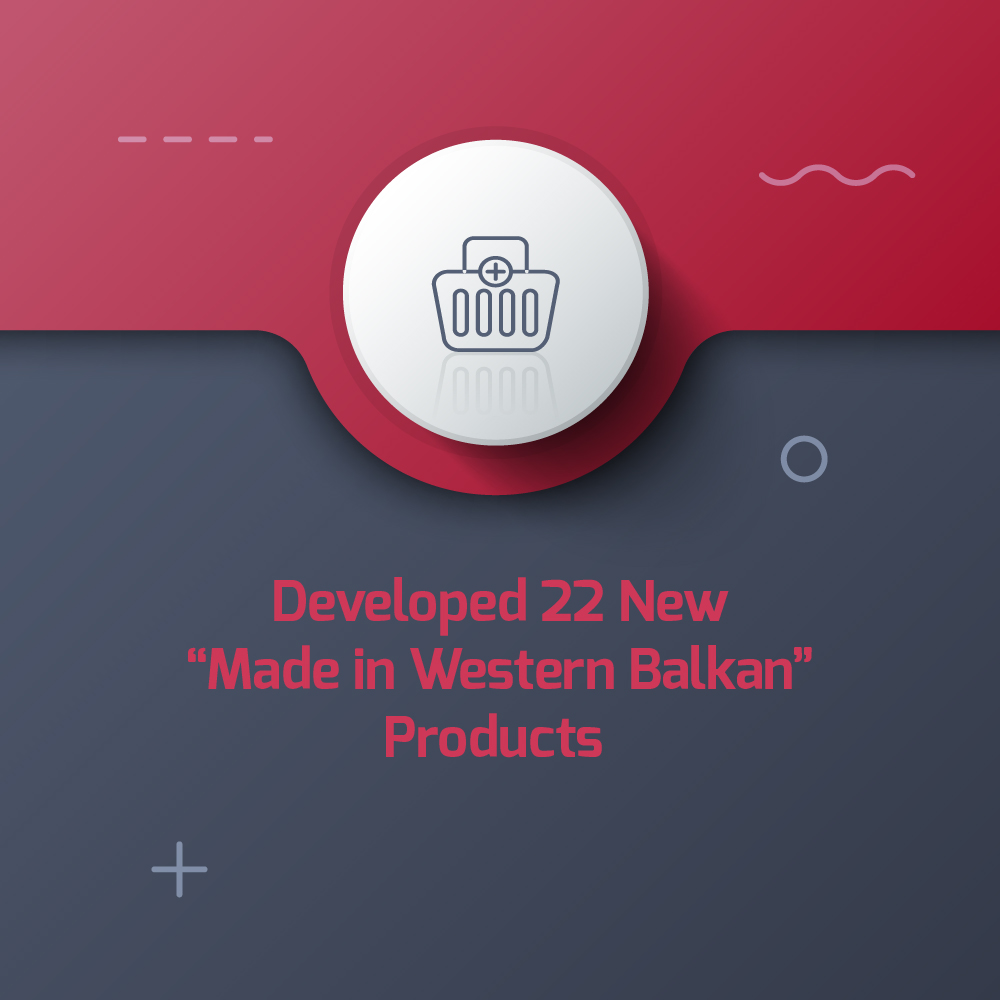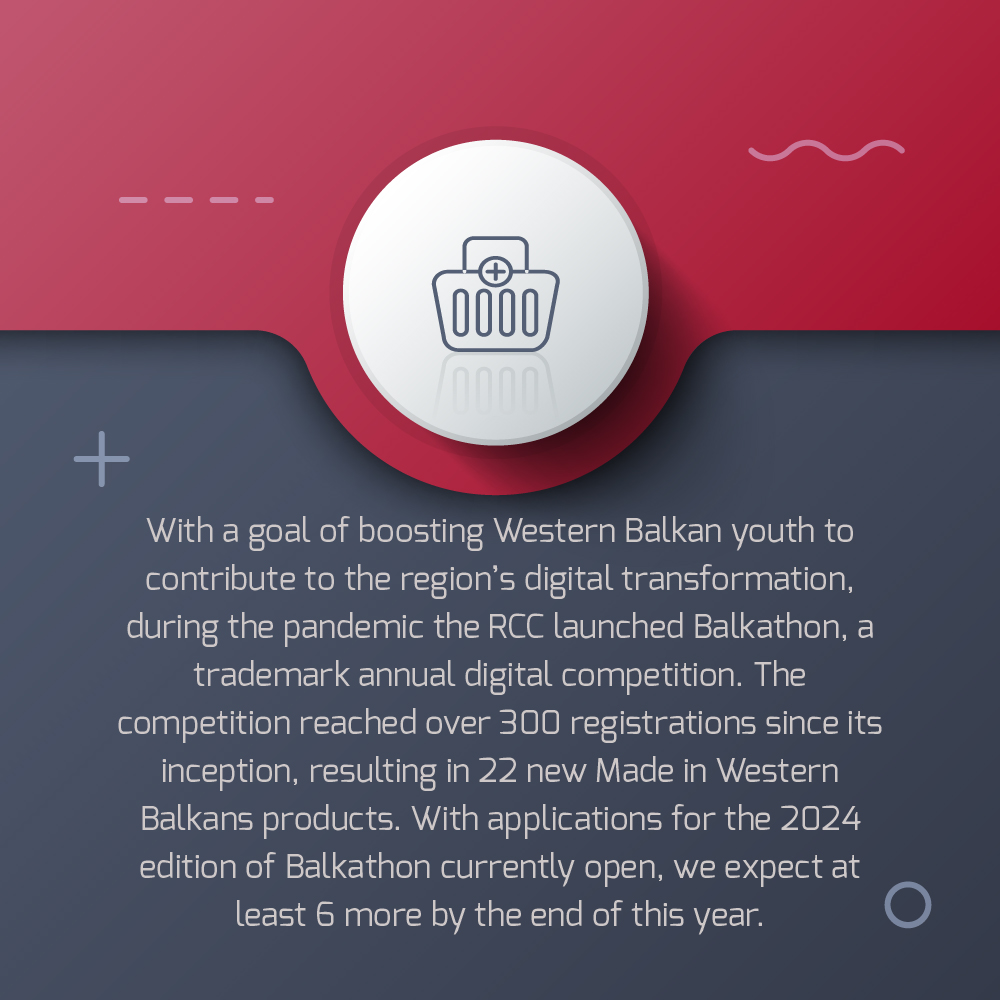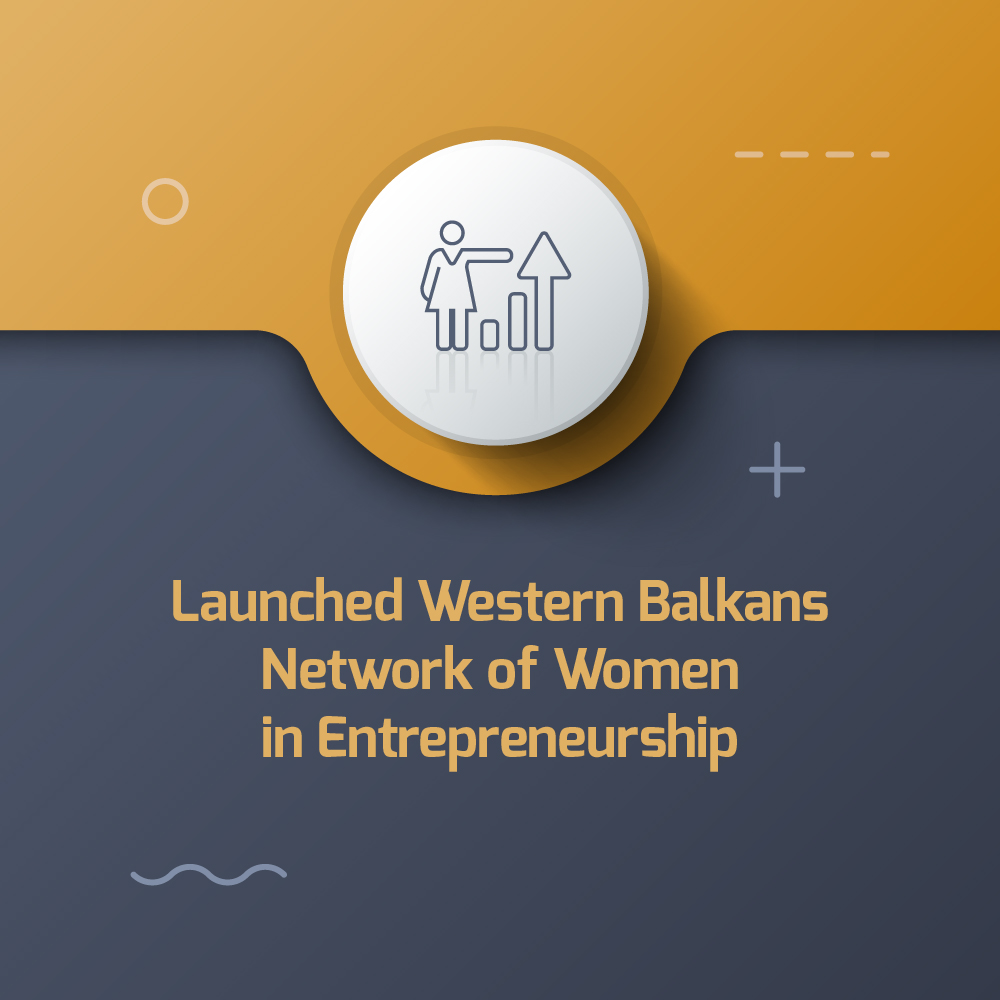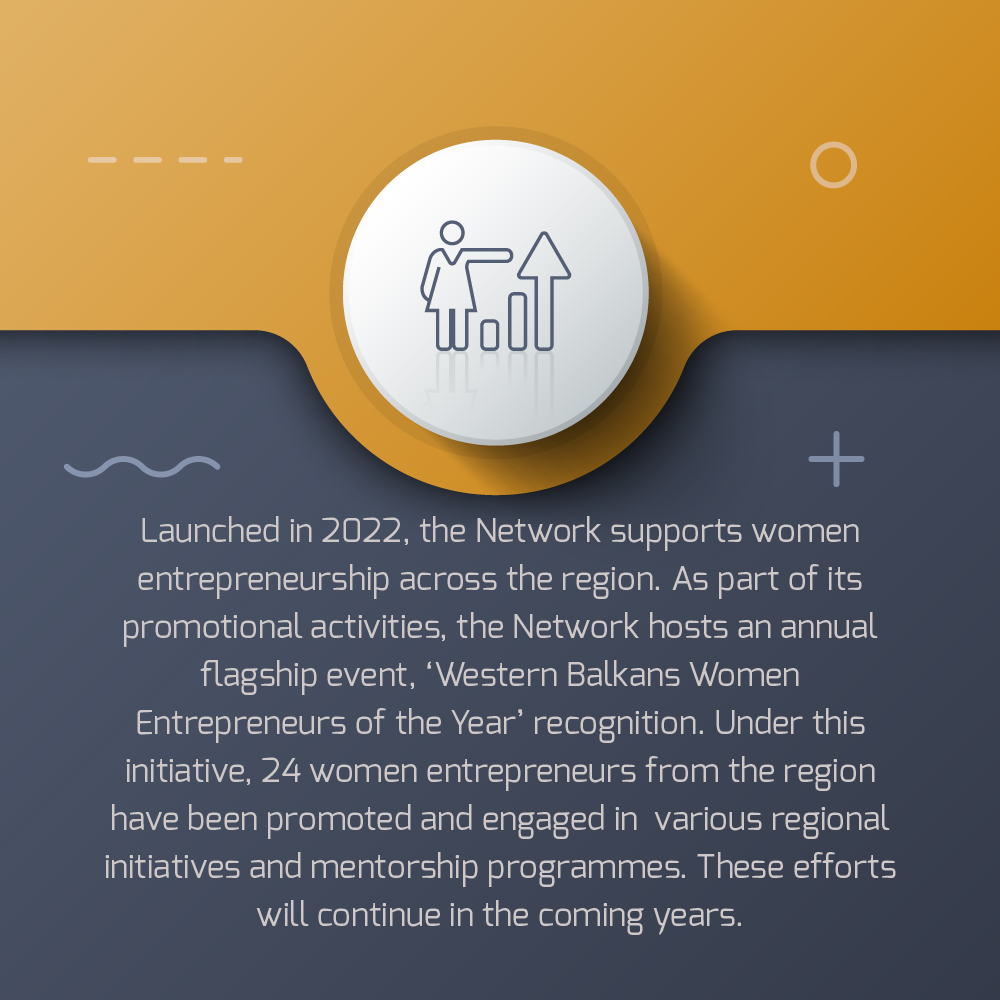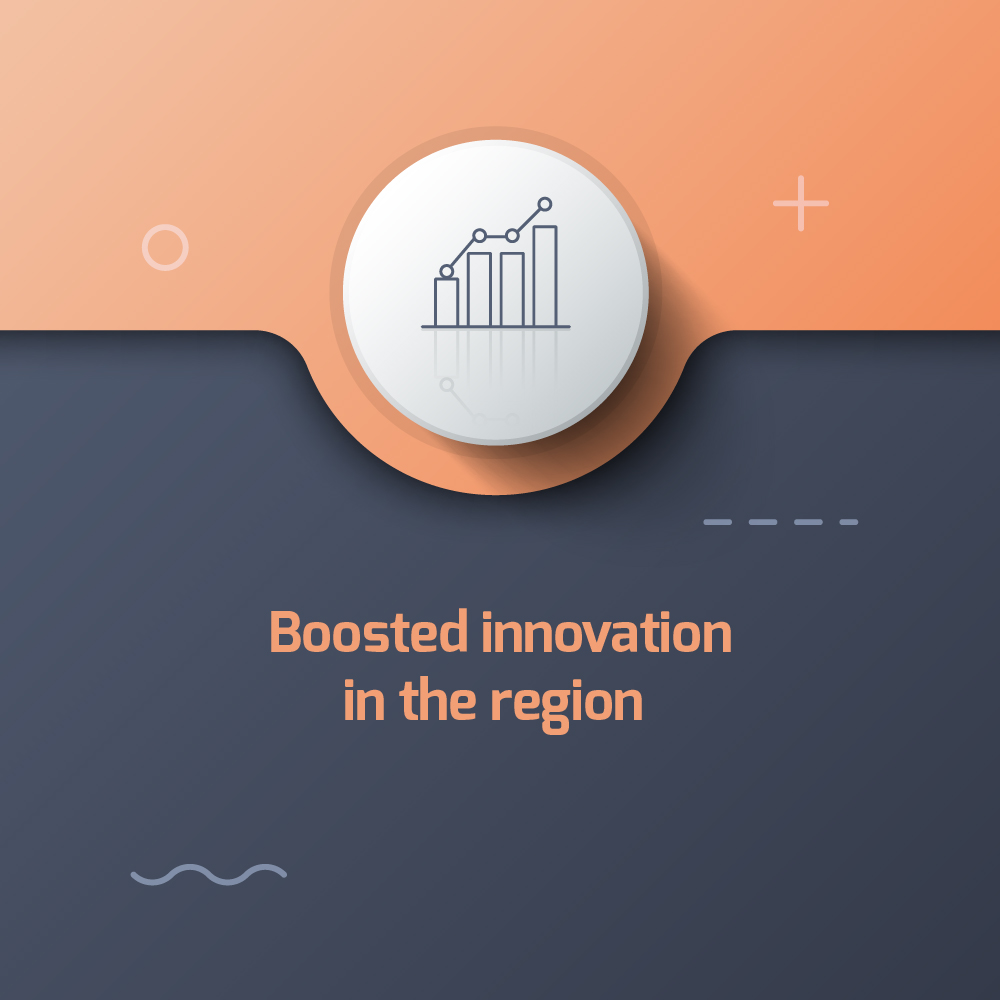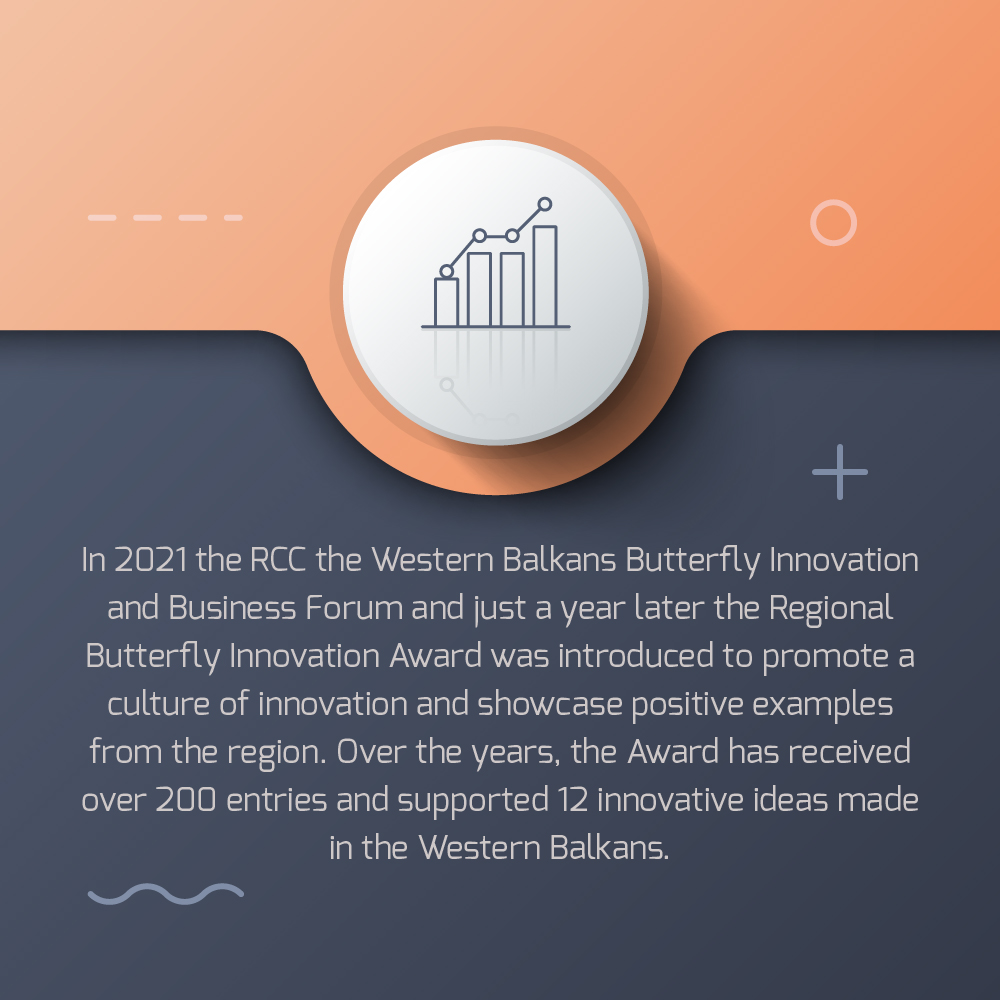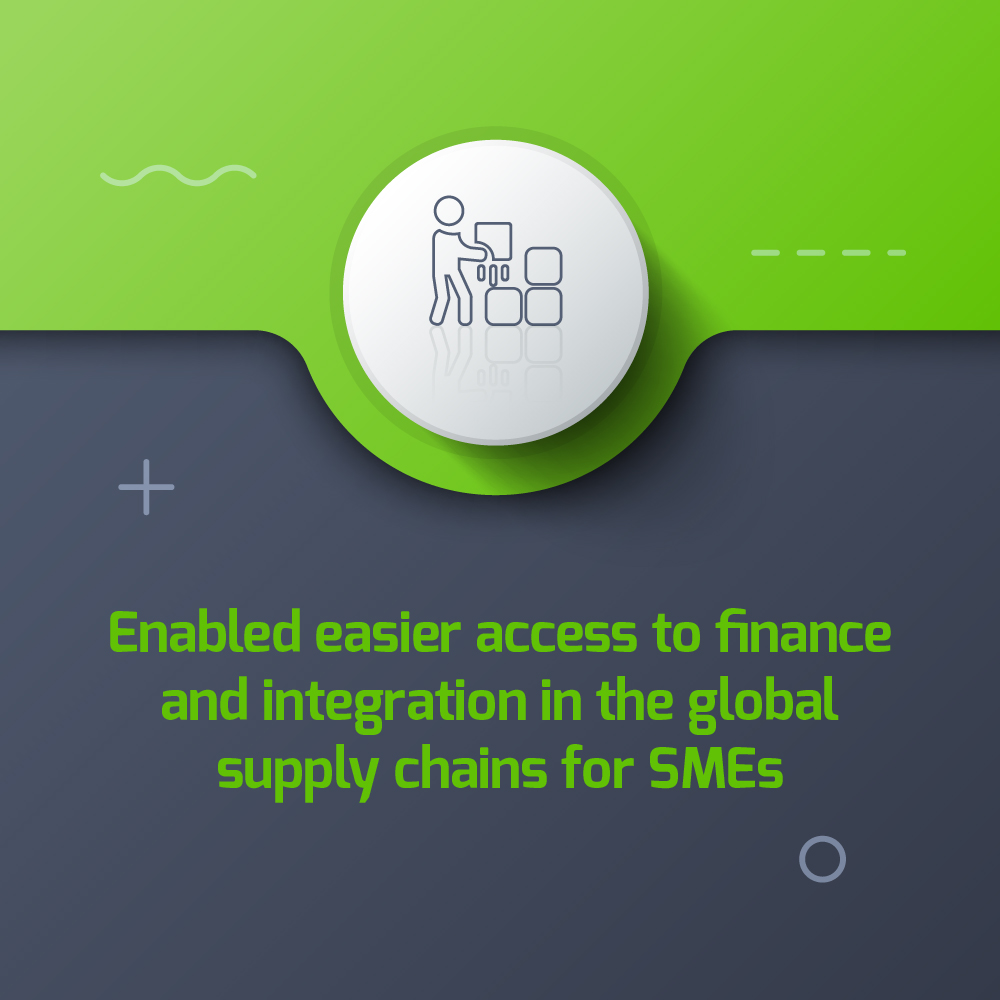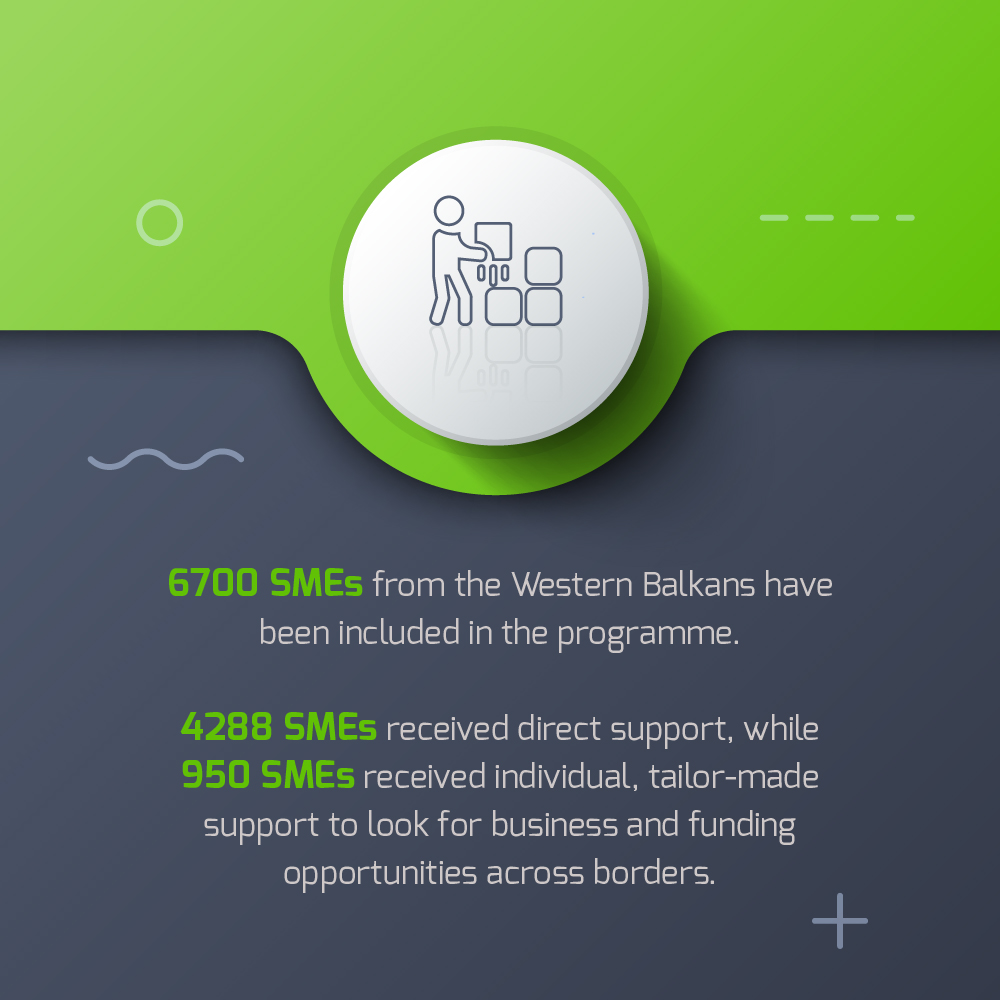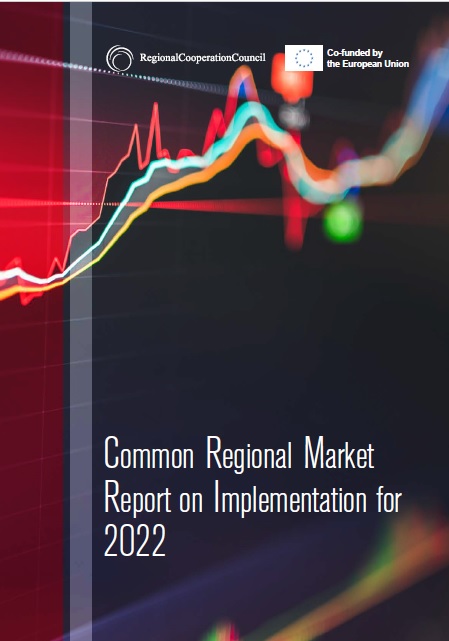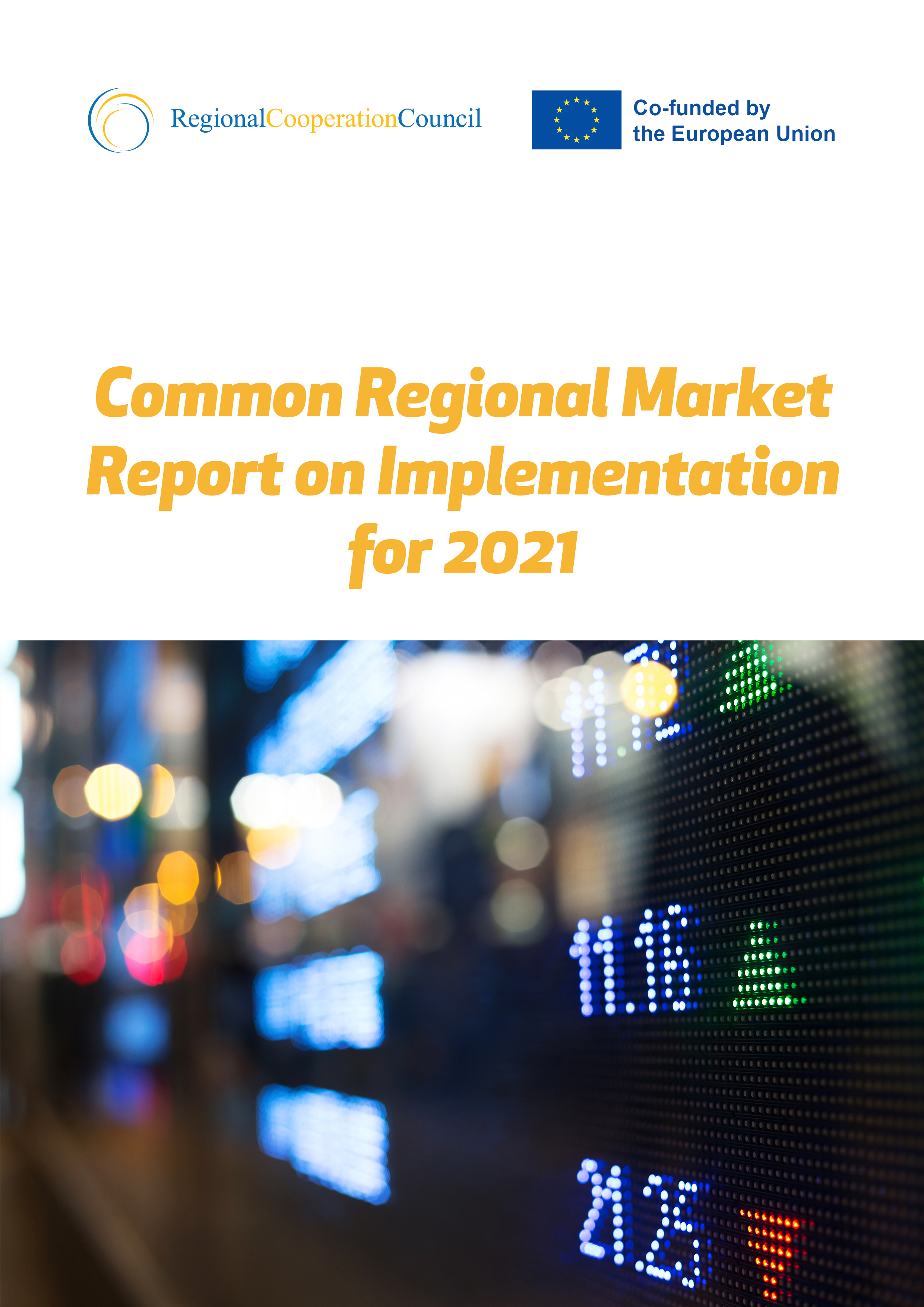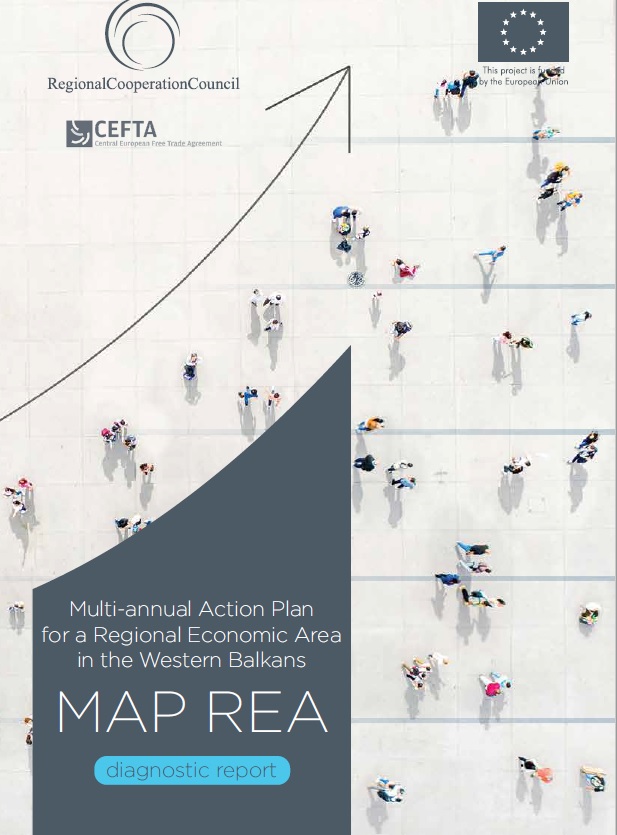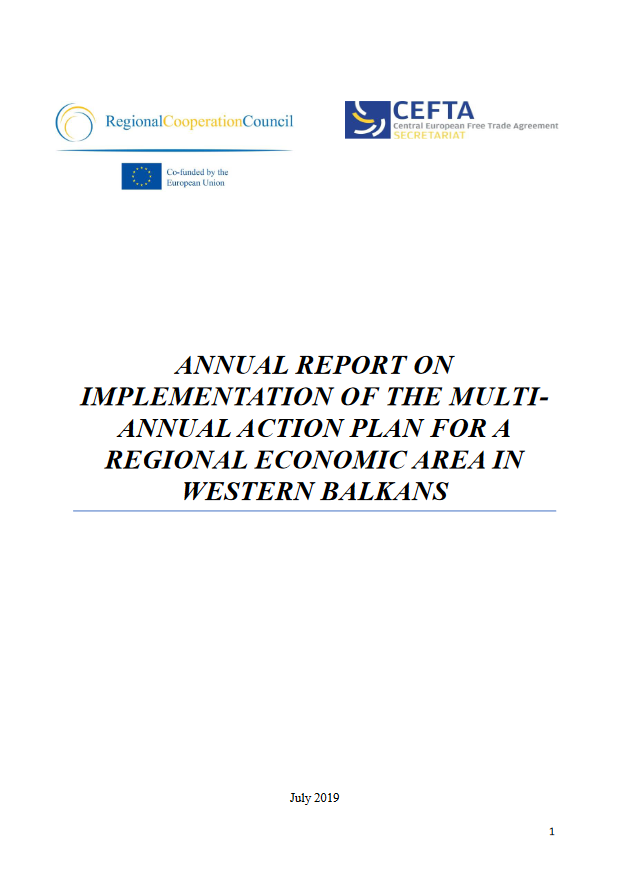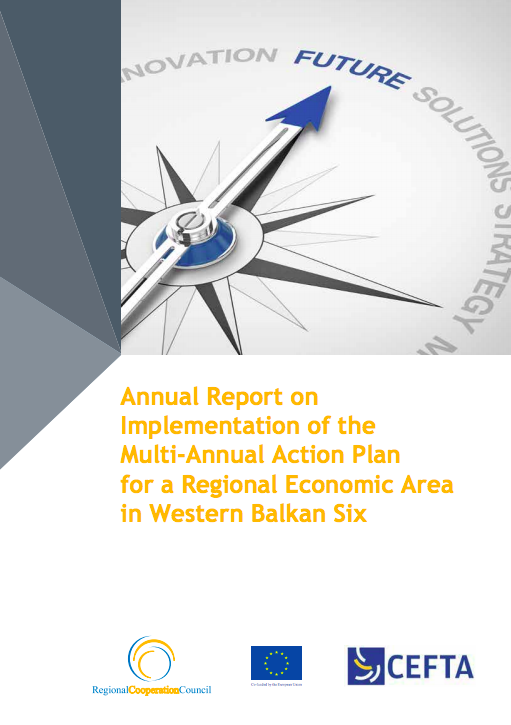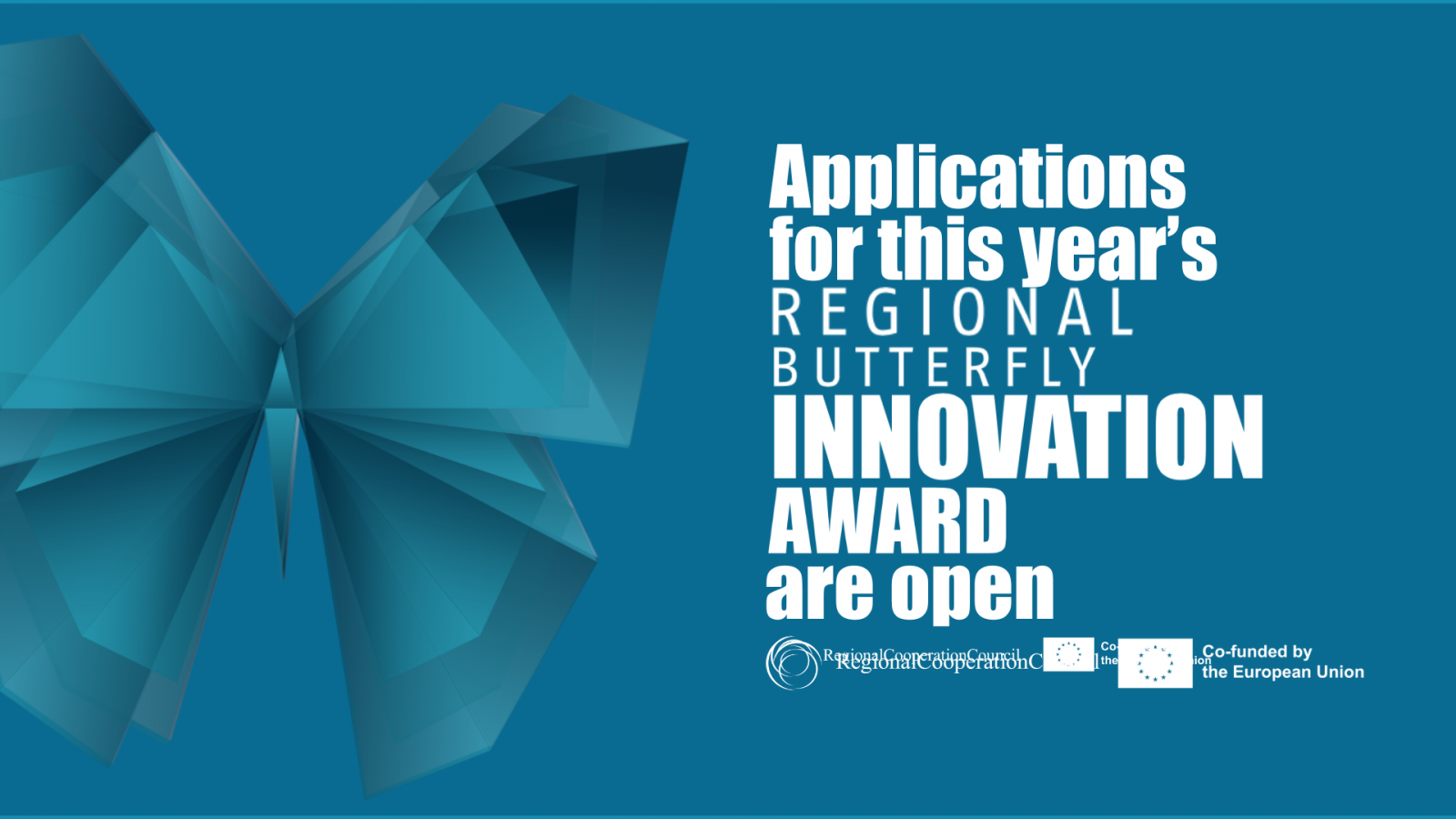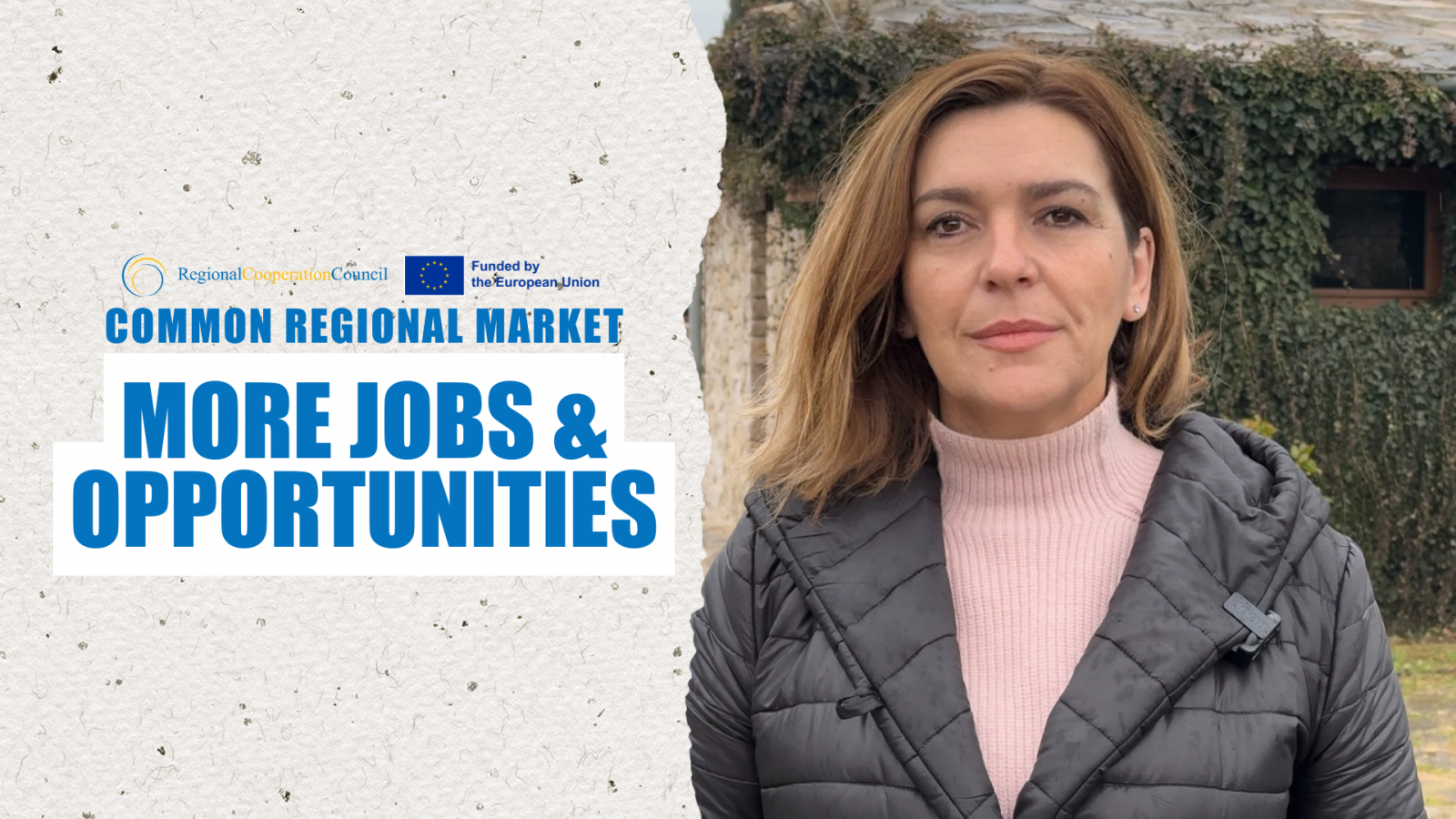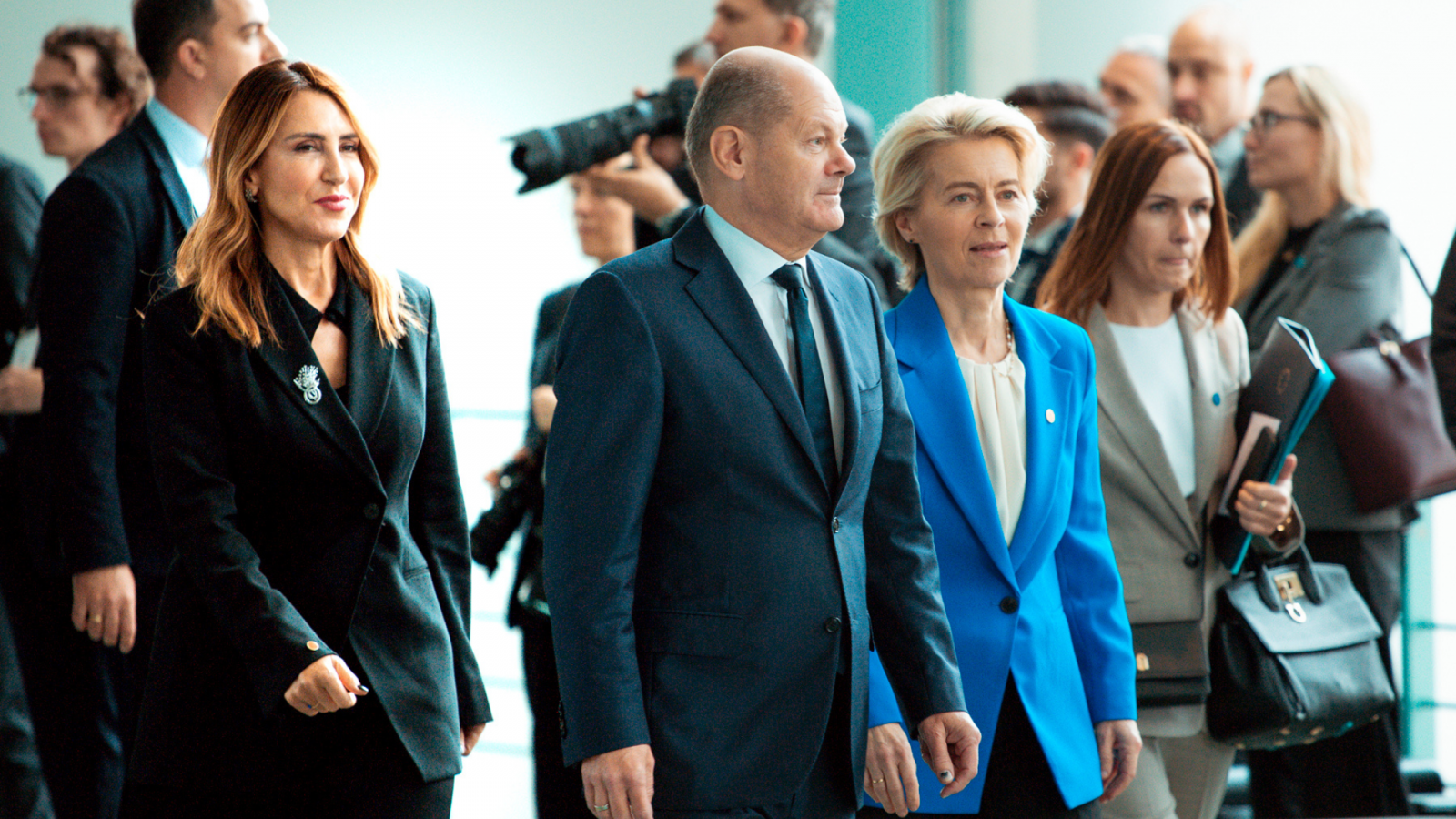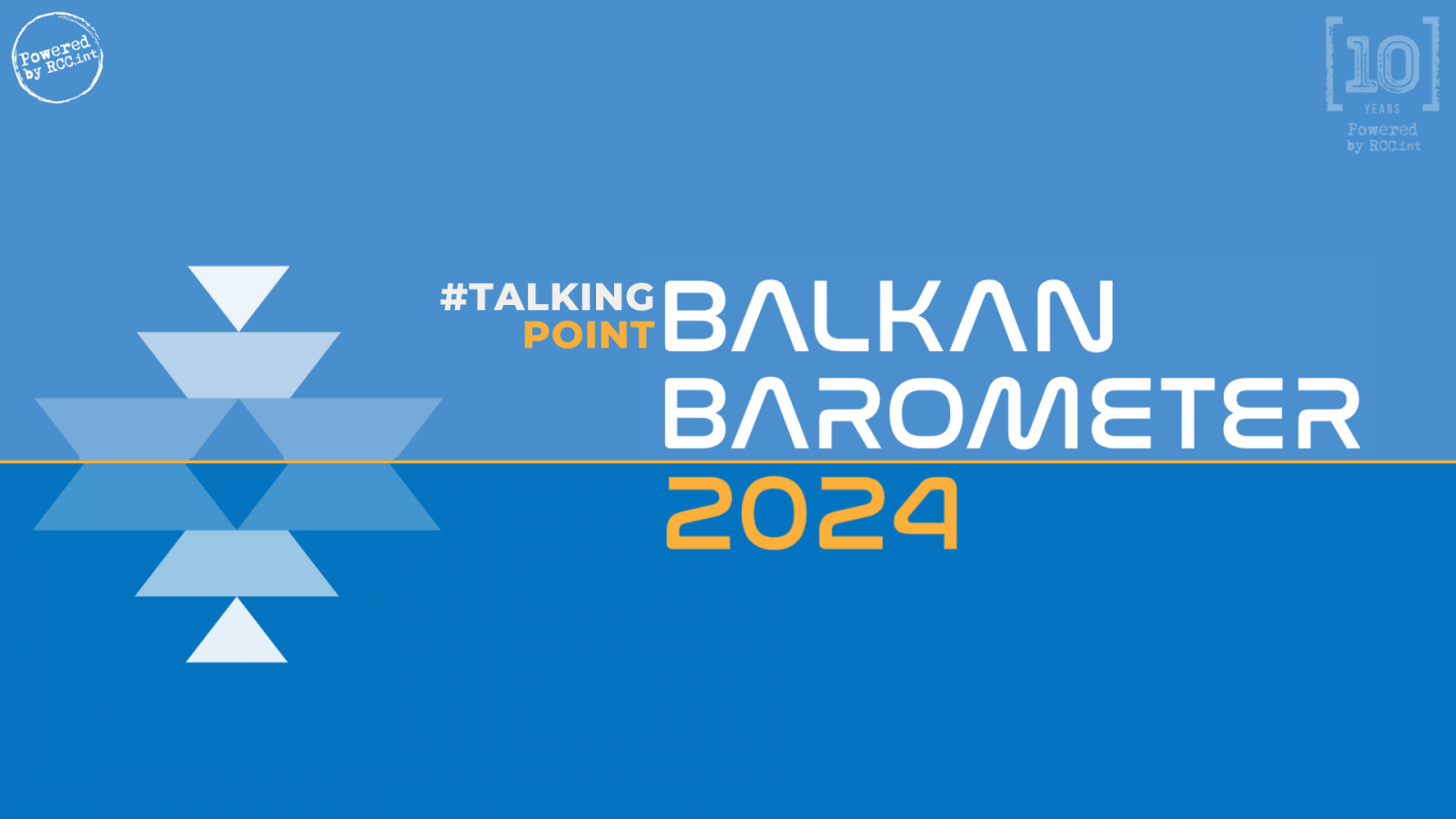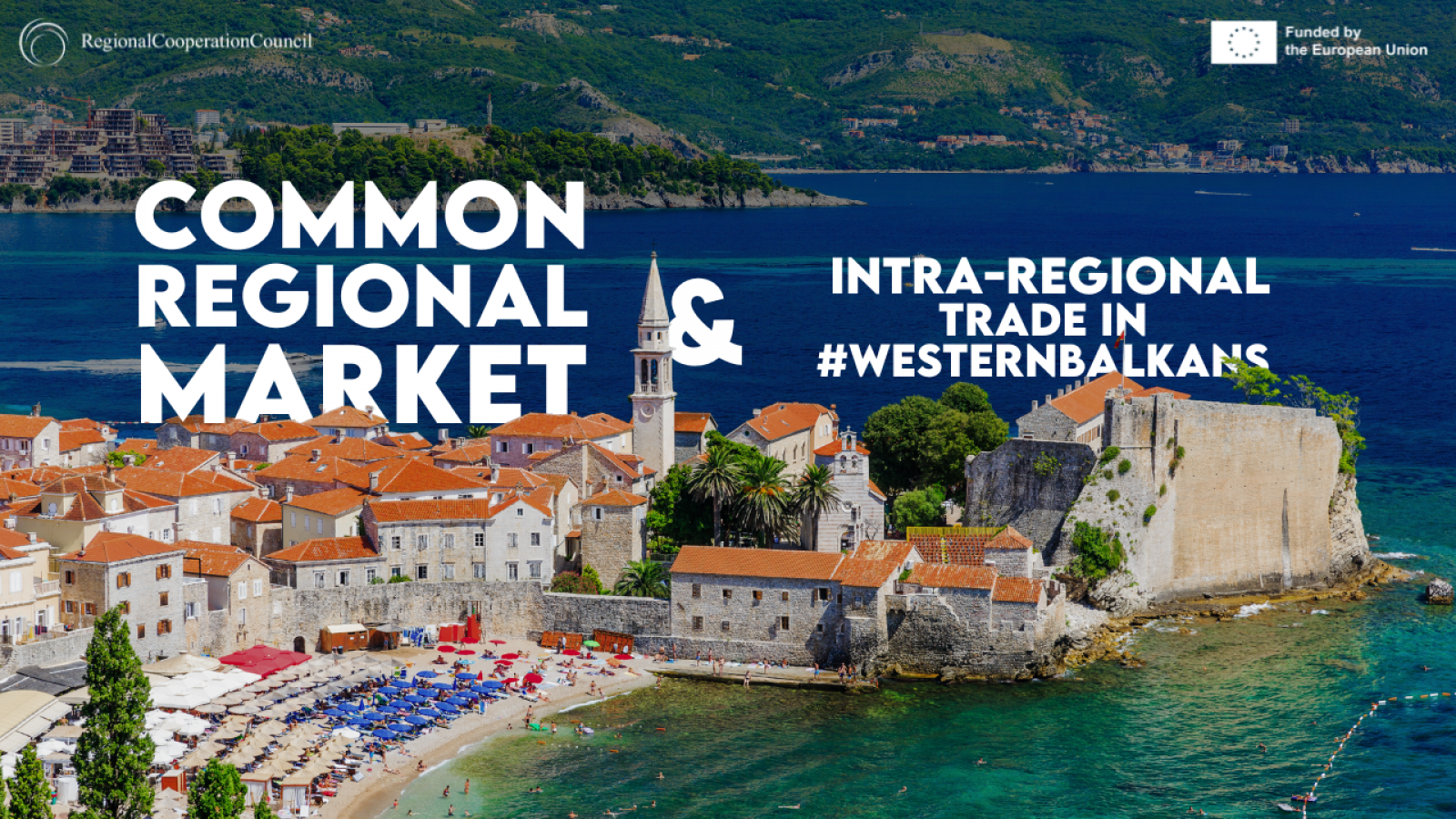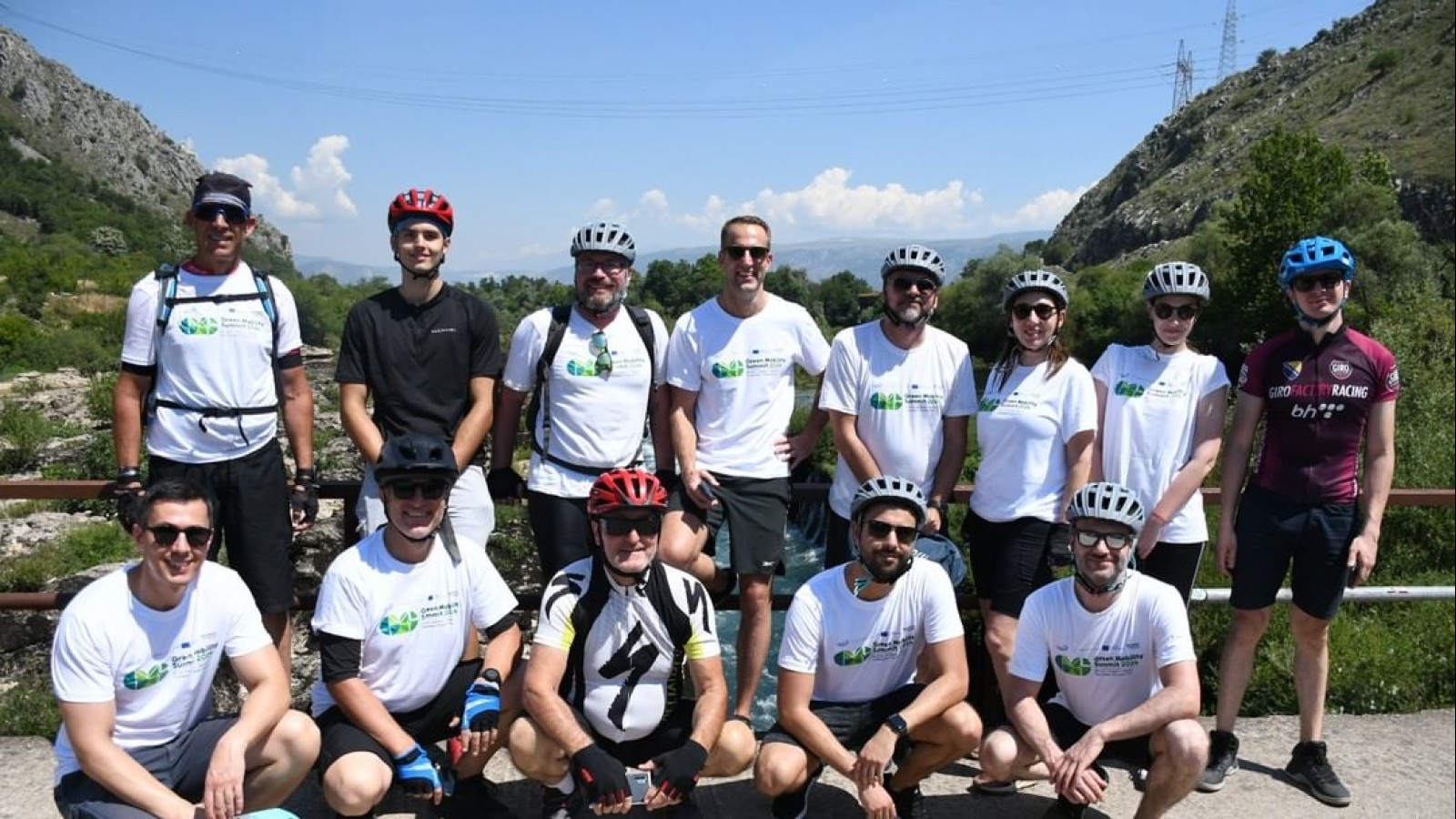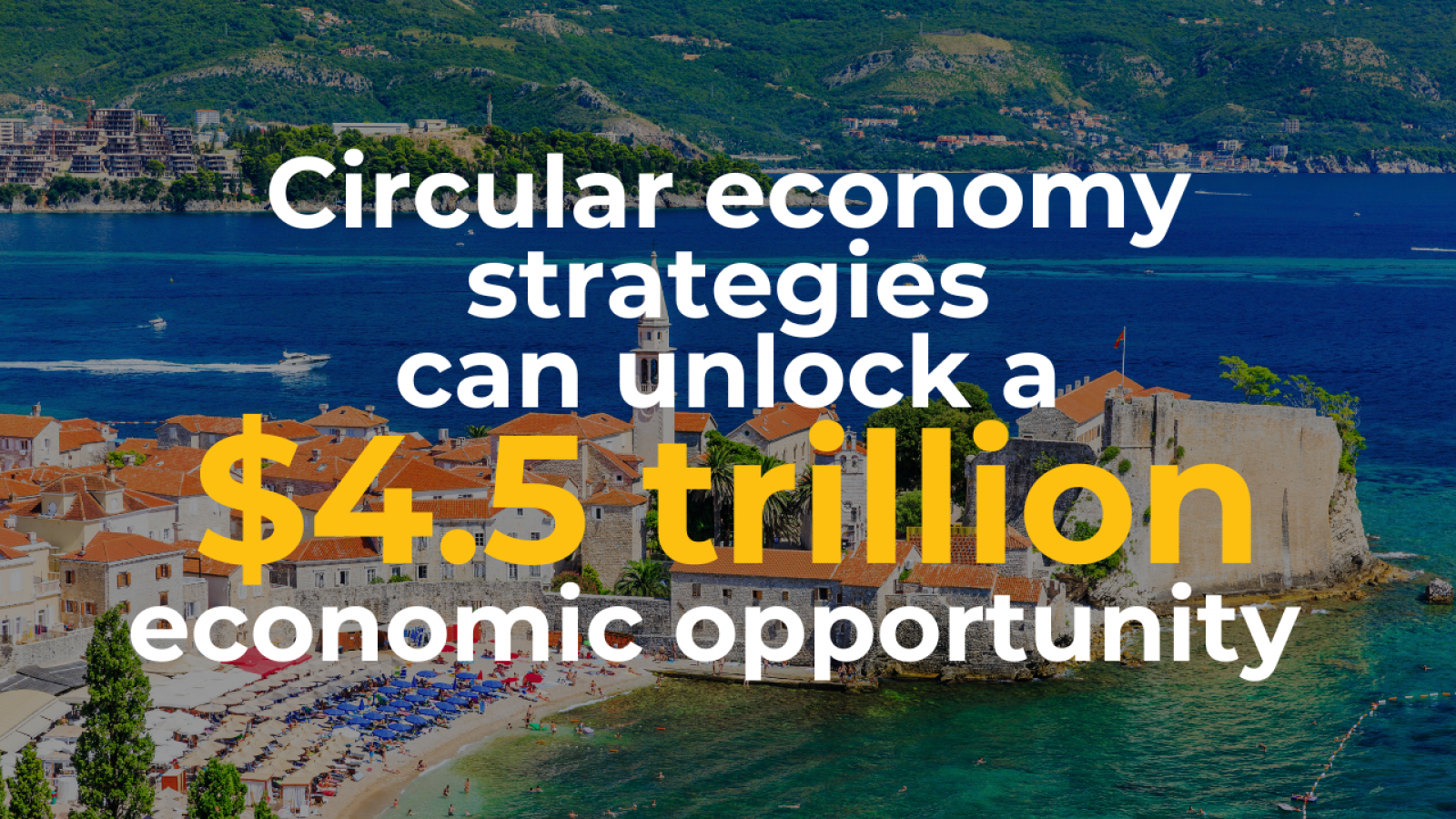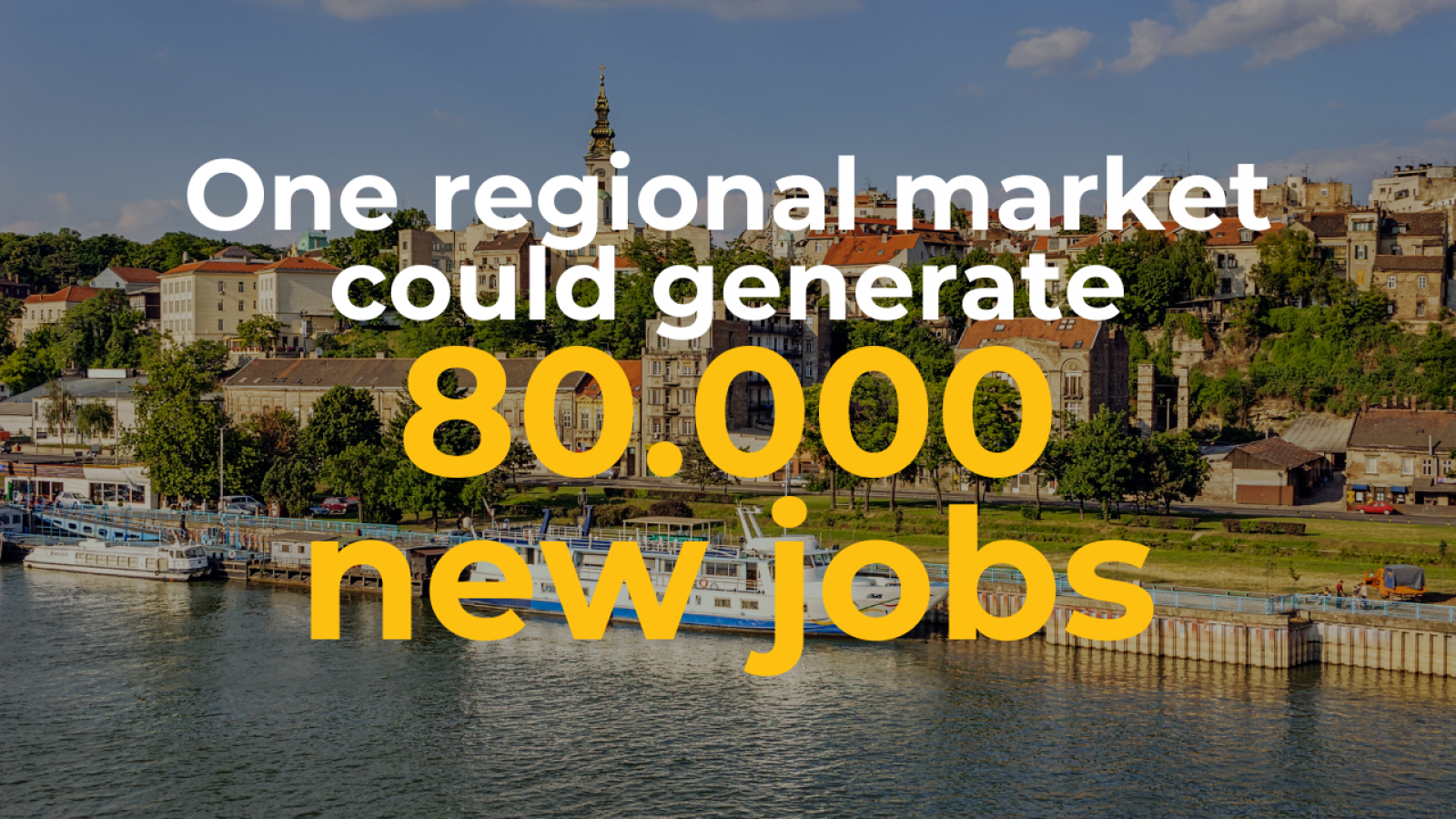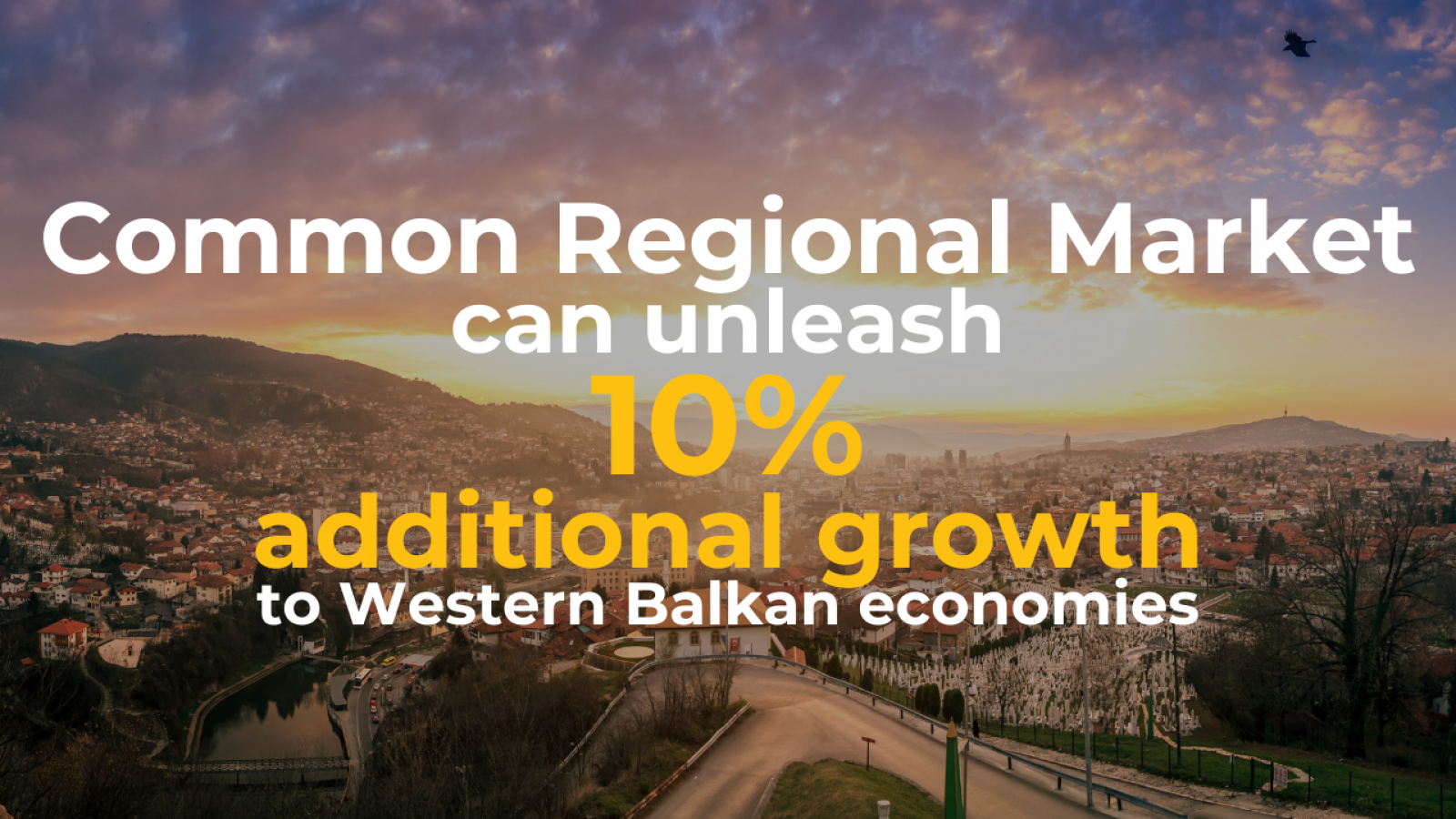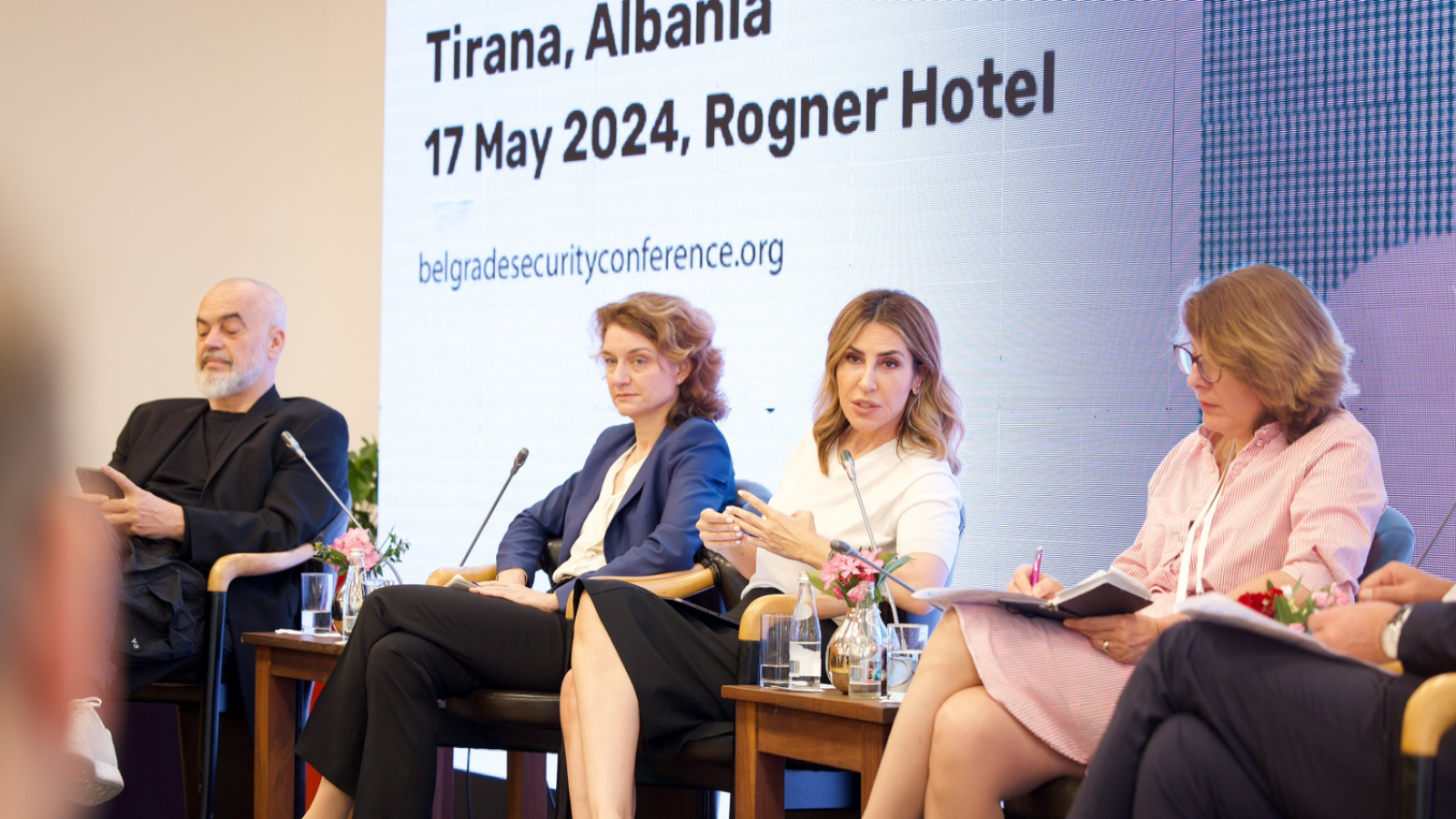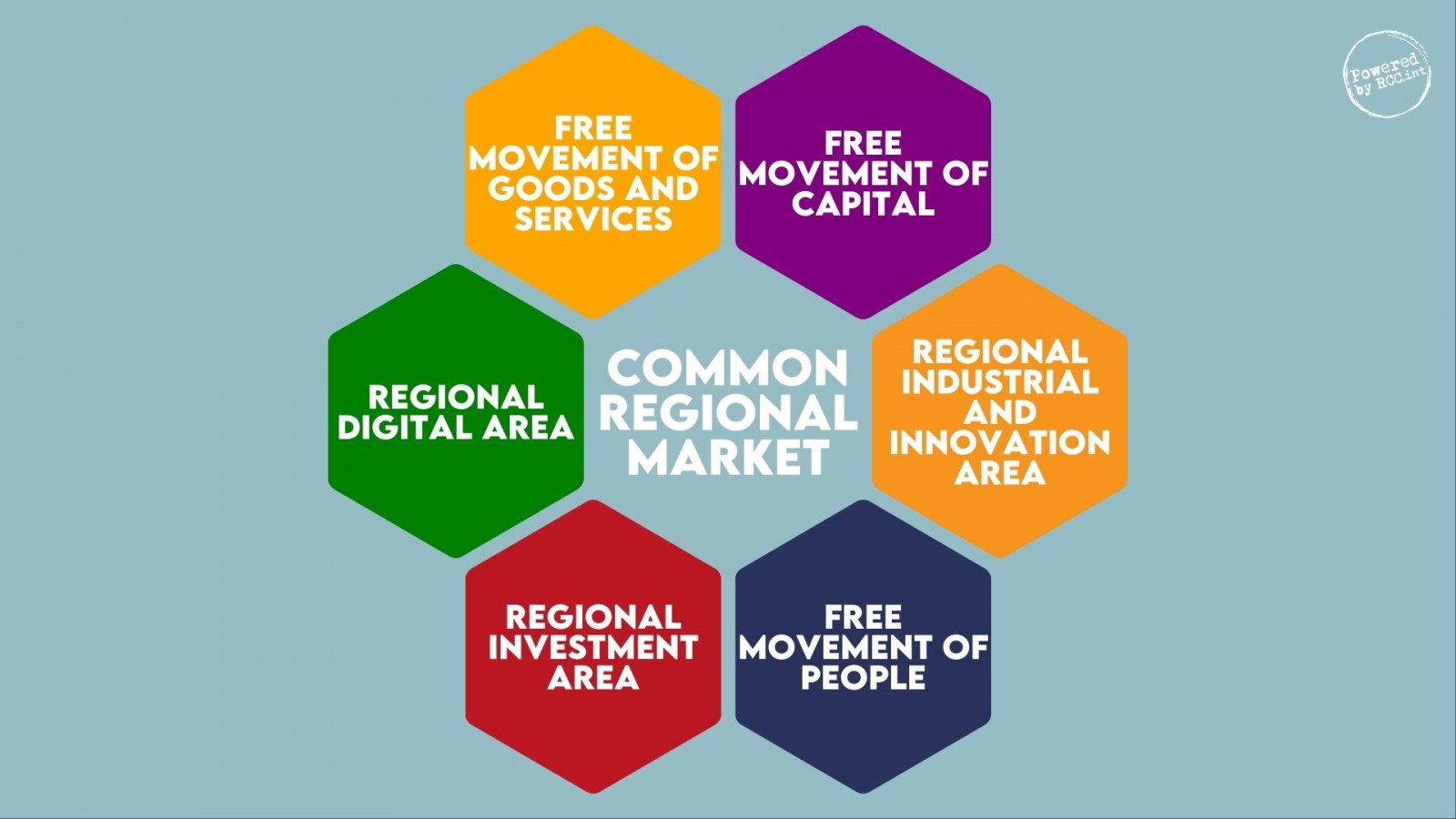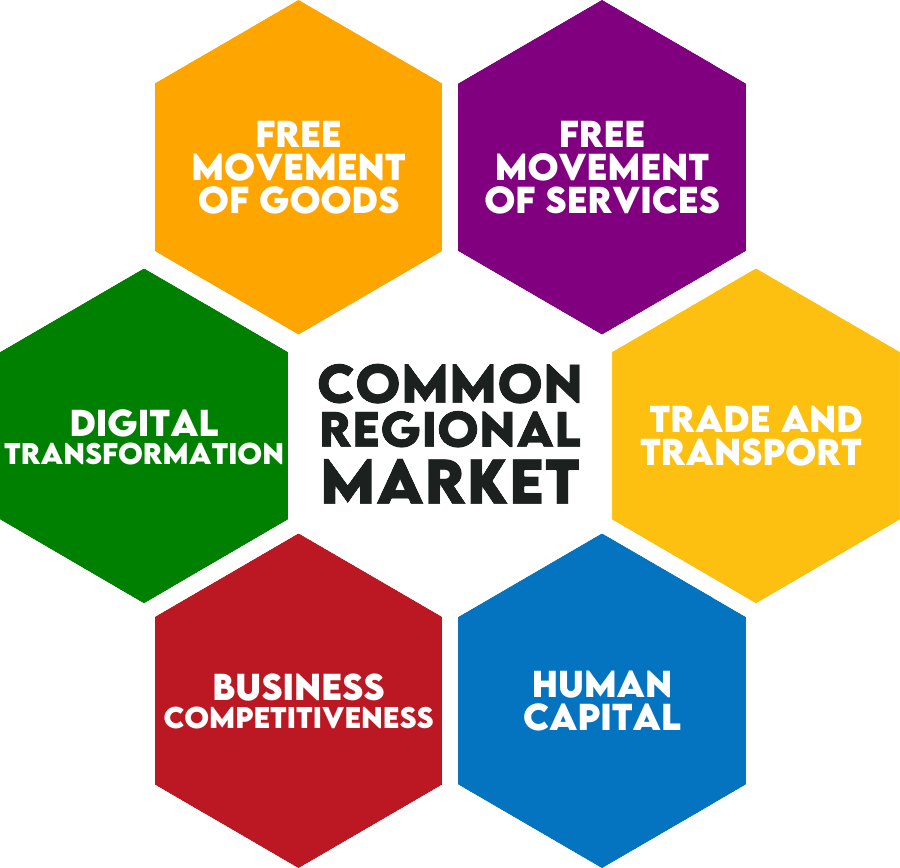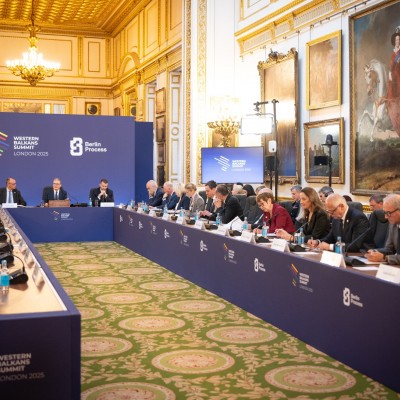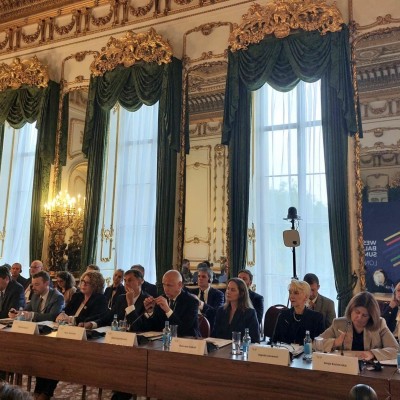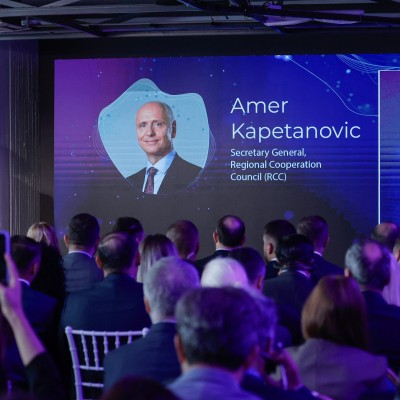The Common Regional Market (CRM) for the Western Balkans Six (WB6) is a regionally-owned framework based on the EU rules and standards-with the objective to consolidate and enhance competitiveness and dismantle barriers. It is a catalyst for deeper regional economic integration and a stepping stone towards the EU Single Market of the WB6 – Albania, Bosnia and Herzegovina, Kosovo*, Montenegro, North Macedonia and Serbia.
The Common Regional Market is complementary to the EU’s Economic and Investment Plan for the Western Balkans and aims to pave the way for a deeper economic integration with the EU Single market. The implementation of sectoral agreements in this regional framework will be taken into account in the assessment of how prepared Western Balkan Six are for participation in the EU Single market in the given sector. In this respect, integrating the region more closely with the EU Single market before WB6 economies accede to the Union is the guiding principle of the CRM.
The Common Regional Market is being implemented by WB6 administrations, based on the 4 year Action Plans that are being developed by the RCC, in close cooperation with WB6 administrations, regional partners and with support of the European Commission (EC), and adopted by the WB6 leaders at the Berlin Process Summits.
It started as the Multi-annual Action Plan on Regional Economic Area in the Western Balkans (MAP REA), that the leaders of the WB6 adopted at the Berlin Process Summit held in Trieste on 12 July 2017. The MAP REA, whose development was coordinated by the RCC upon request of the Western Balkans Six leaders and supported by the European Commission, aimed to enable unobstructed flow of goods, services, capital and highly skilled labour; making the region more attractive for investment and trade; and accelerating convergence with the EU.
The Common Regional Market builds on the achievements of the MAP REA as the first regional initiative of its kind. The first CRM Action Plan 2021-2024, has been adopted by the leaders of the Western Balkans Six, at the Berlin Process Summit held on 10 November, 2020 in Sofia.
Its implementation, which remained within the realm of responsibility of public institutions in each of the WB6 with RCC and CEFTA Secretariats serving as leading regional organisations to facilitate the implementation together with TCT and WBCIF, started in unfavourable conditions of the global COVID 19 pandemic. Never the less, its implementation over the past almost 4 years yielded significant results, affecting the lives of the WB6 citizens.
Some of the key CRM successes and highlights so far include:
- 19% increase of trade in goods and services;
- doubling of intra-regional trade volume (goods) in 5 years;
- overall 3% increase in GDP per capita as a percentage of the EU average from 2017 to 2022;
- whooping 500% increase of volume of usage of roaming within WB6 due to Roam Like at Home regime that started in July 2021;
- significant drop of roaming prices between the EU and the Western Balkans as of October 2023;
- over 20 years saved in queuing in 2023 due to reduction in waiting times due to establishment of Green Lanes at crossing points within the region and leading to the establishment of Green Lanes and Blue Lanes between the region and EU MS;
- nearly 1,200 new companies participated in intra-regional trade;
- facilitated workforce mobility and addressed evolving labour market dynamics and demographic shifts with the higher education qualifications and seven professions mutually recognized.
The main beneficiaries of the CRM are WB6 citizens, especially young people, but also our region’s businesses.
CRM 2.0 is a plan aiming to connect the Western Balkans Six, making it easier for people, goods, services, and ideas to move freely across the region. It is about creating a unified market, just like the one in the European Union, and our stepping-stone to the EU Single Market, so that we can grow together, work together, and live better lives.
More Jobs & Opportunities: By removing barriers within the region, CRM 2.0 aims to create more jobs, help our businesses grow, pay better wages and attract more investments.
Cheaper Products & Services: With fewer trade barriers, we can expect more options and lower prices on things we buy every day.
Faster & Cheaper Travel & Trade: Easier movement across borders means less waiting and faster deliveries, at more affordable prices.
Better Skills & Opportunities for Youth: With more and better chances for education and work, our young people will have a reason to stay in the region and thrive.
Businesses Growing Across Borders: Small businesses will find it easier to expand beyond local communities, bringing more products and services to everyone.
Better Digital Services: Faster internet and more online services mean easier connections with friends, family, and businesses.
The implementation of CRM Action Plans is within the realm of responsibility of public institutions in each of the Western Balkans economy, in particular ministries and institutions leading the implementation effort at the economy level.
The RCC and CEFTA Secretariats will serve as the primary regional bodies responsible for leading the regional efforts and facilitating the implementation of the Action Plan, with support from WB6 CIF and TCT on their respective priority policies. Other relevant organizations will be involved in specific actions aligned with their mandates and programs.
Related Videos
 This Project is funded by the European Union
This Project is funded by the European Union
* This designation is without prejudice to positions on status, and is in line with UNSCR 1244/1999 and the ICJ Opinion on the Kosovo declaration of independence



